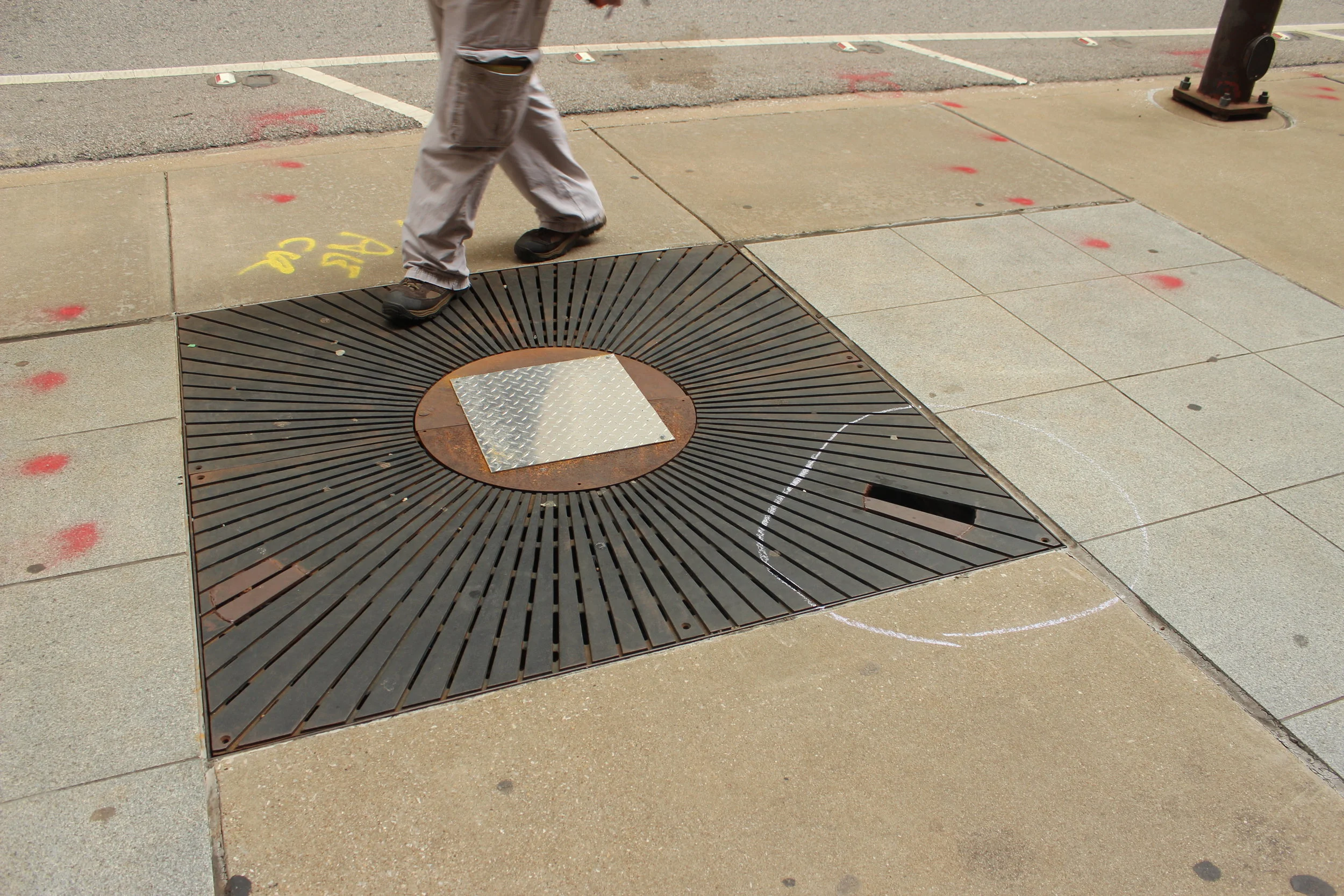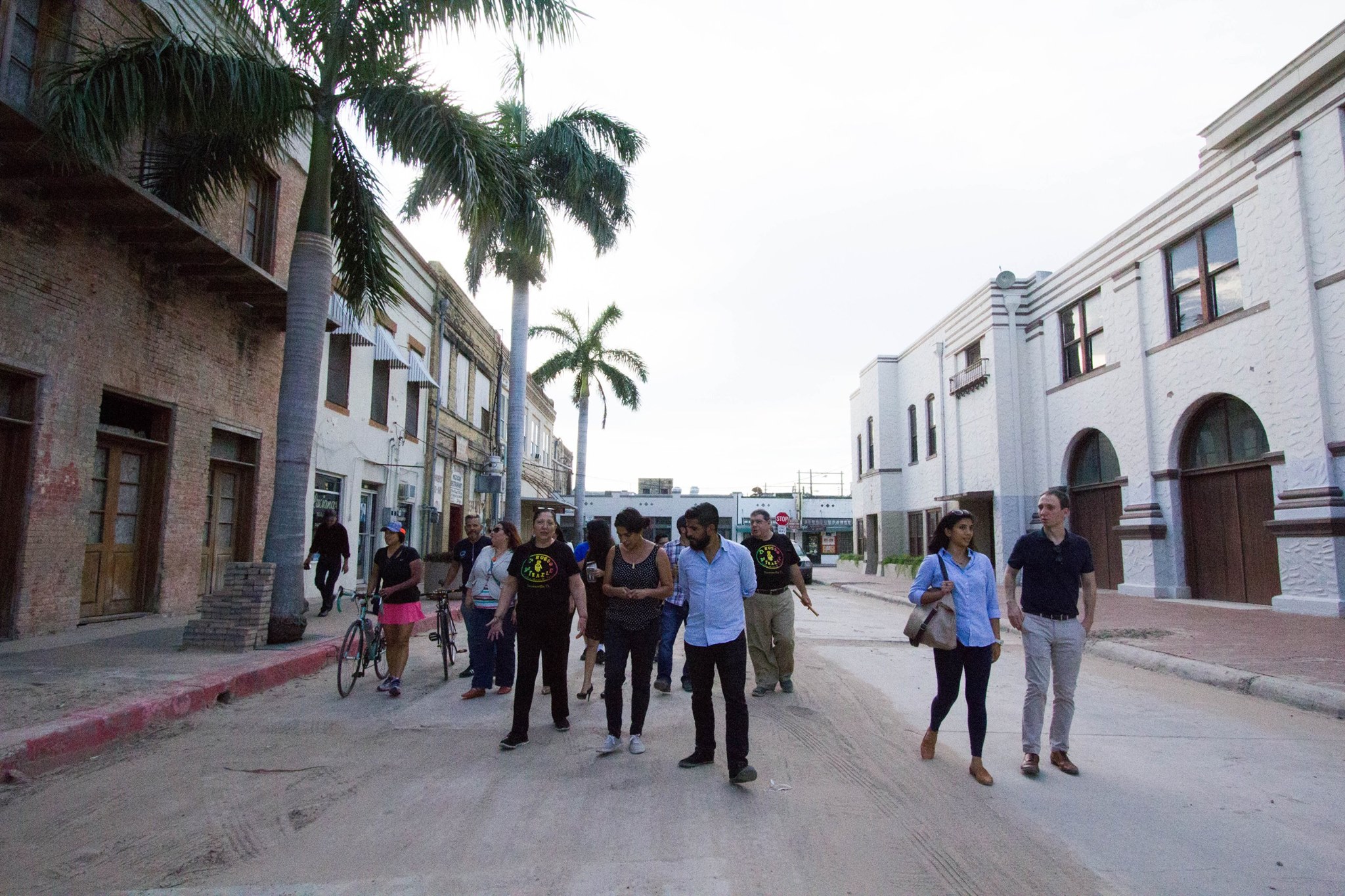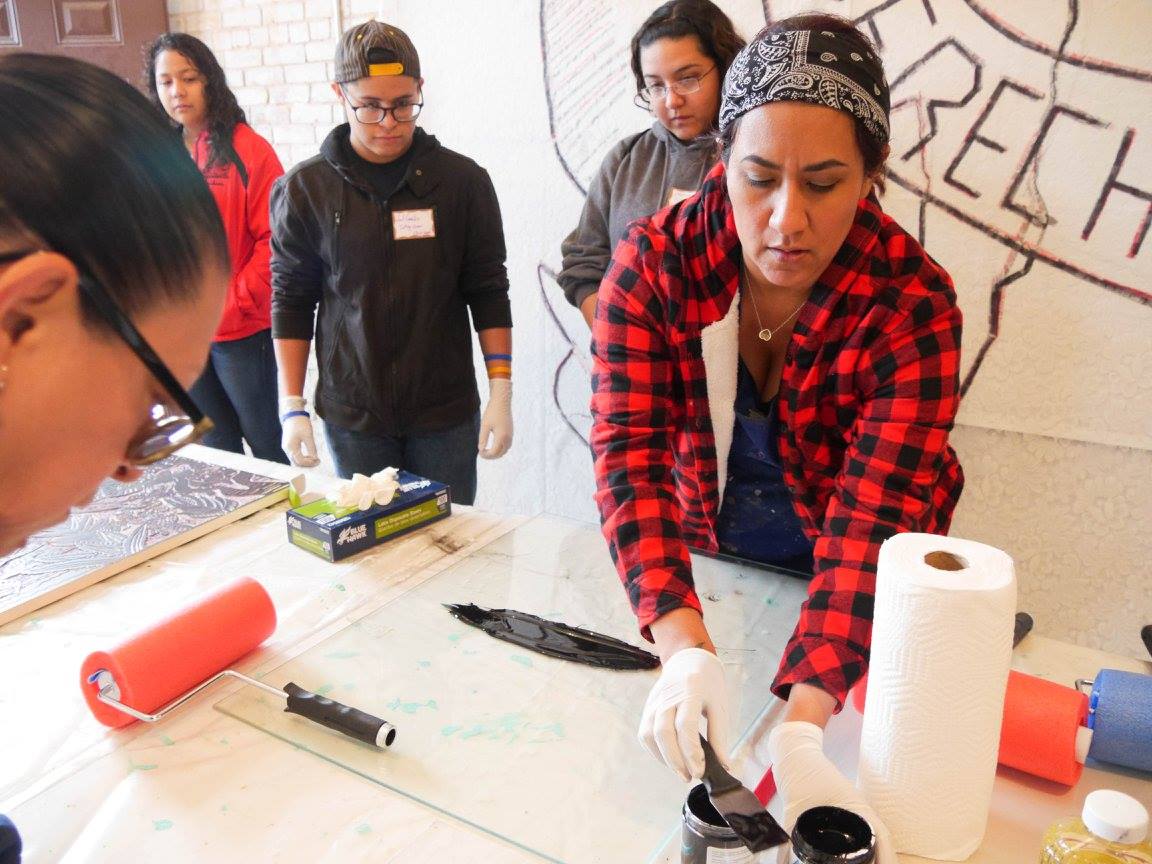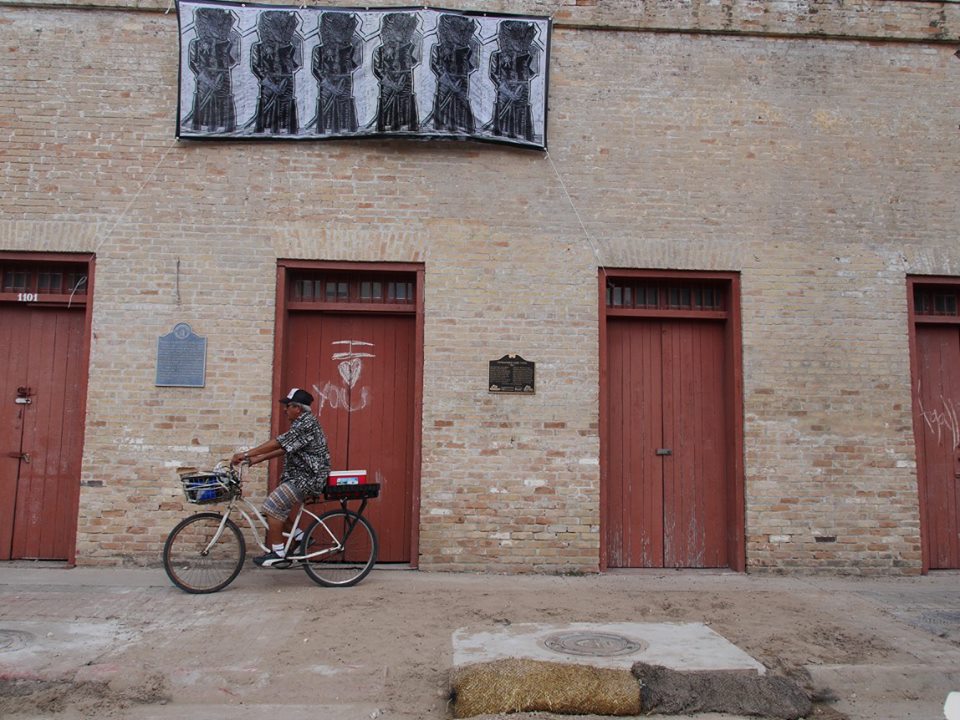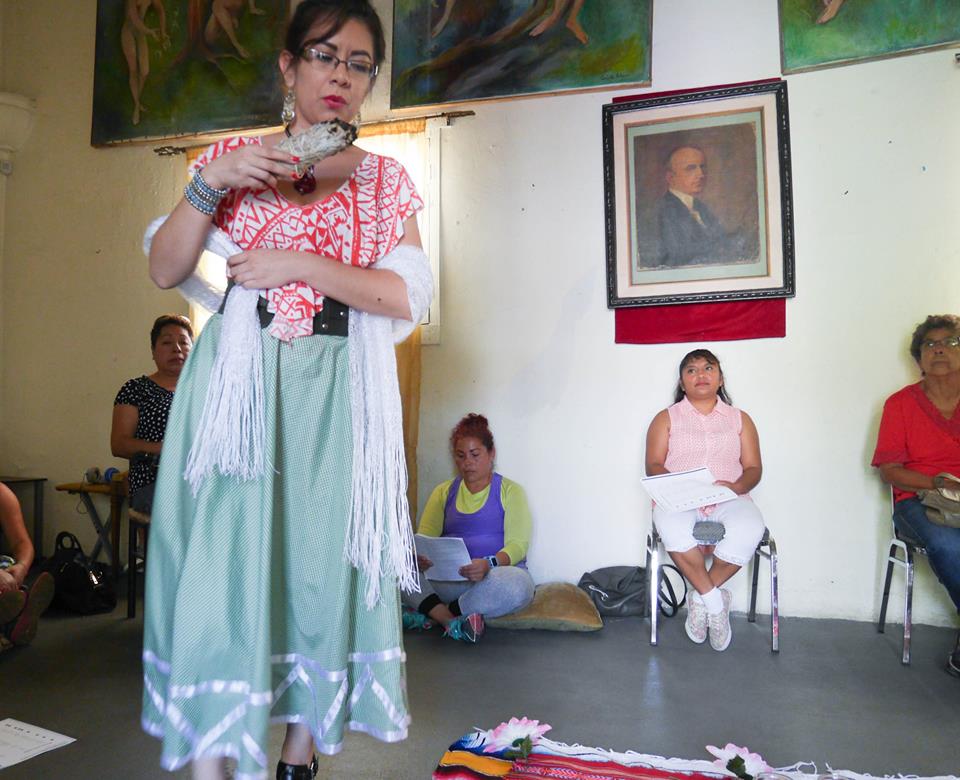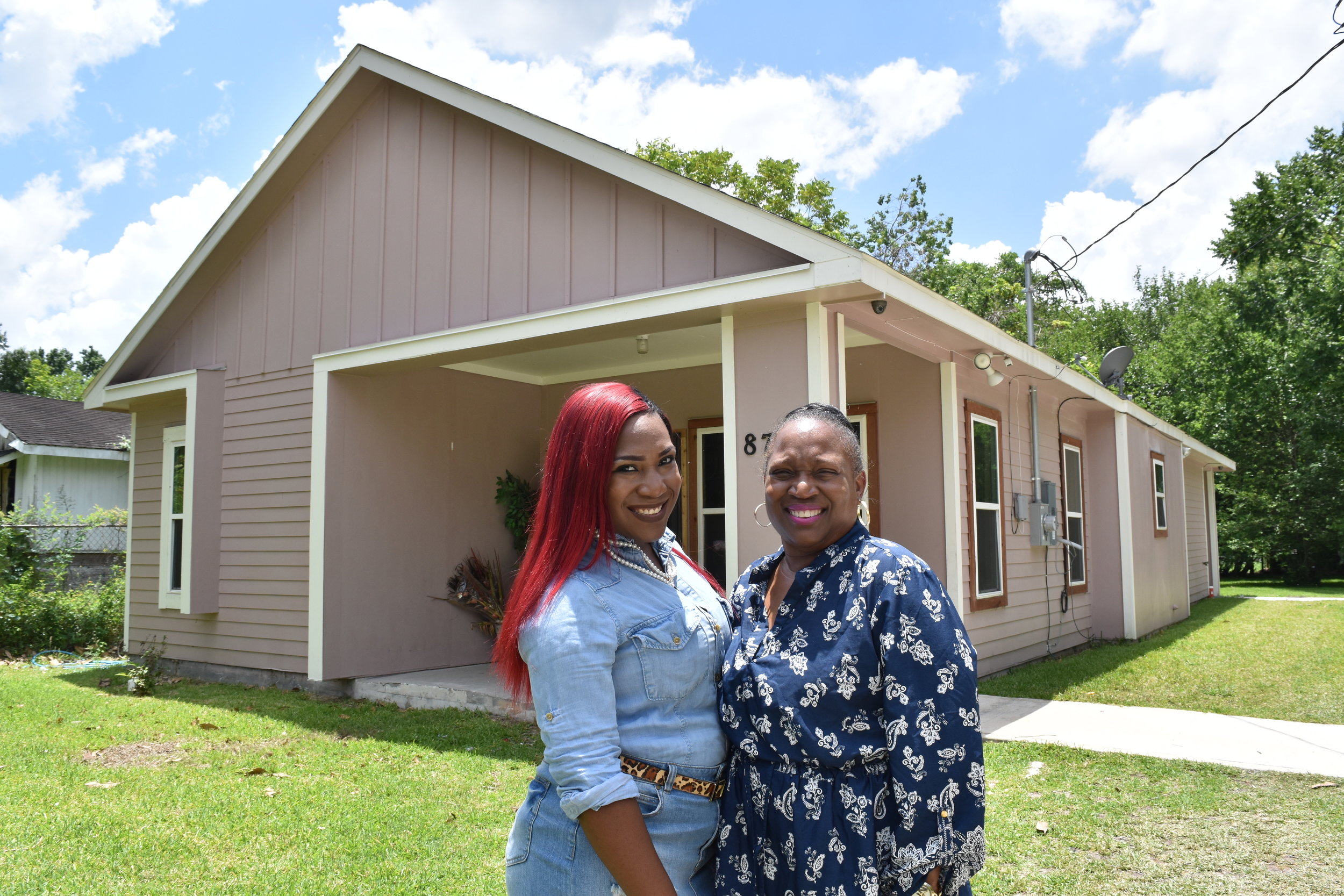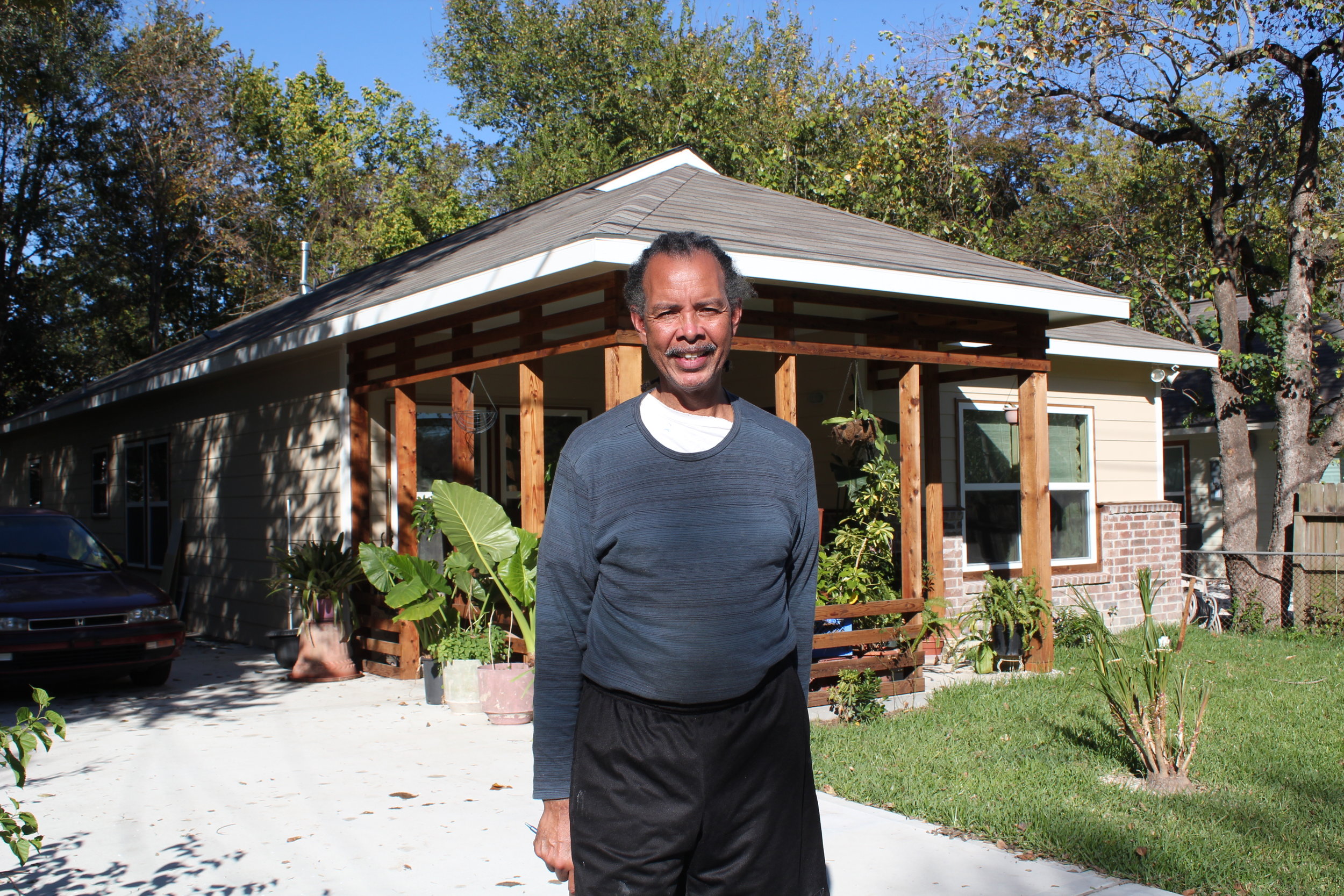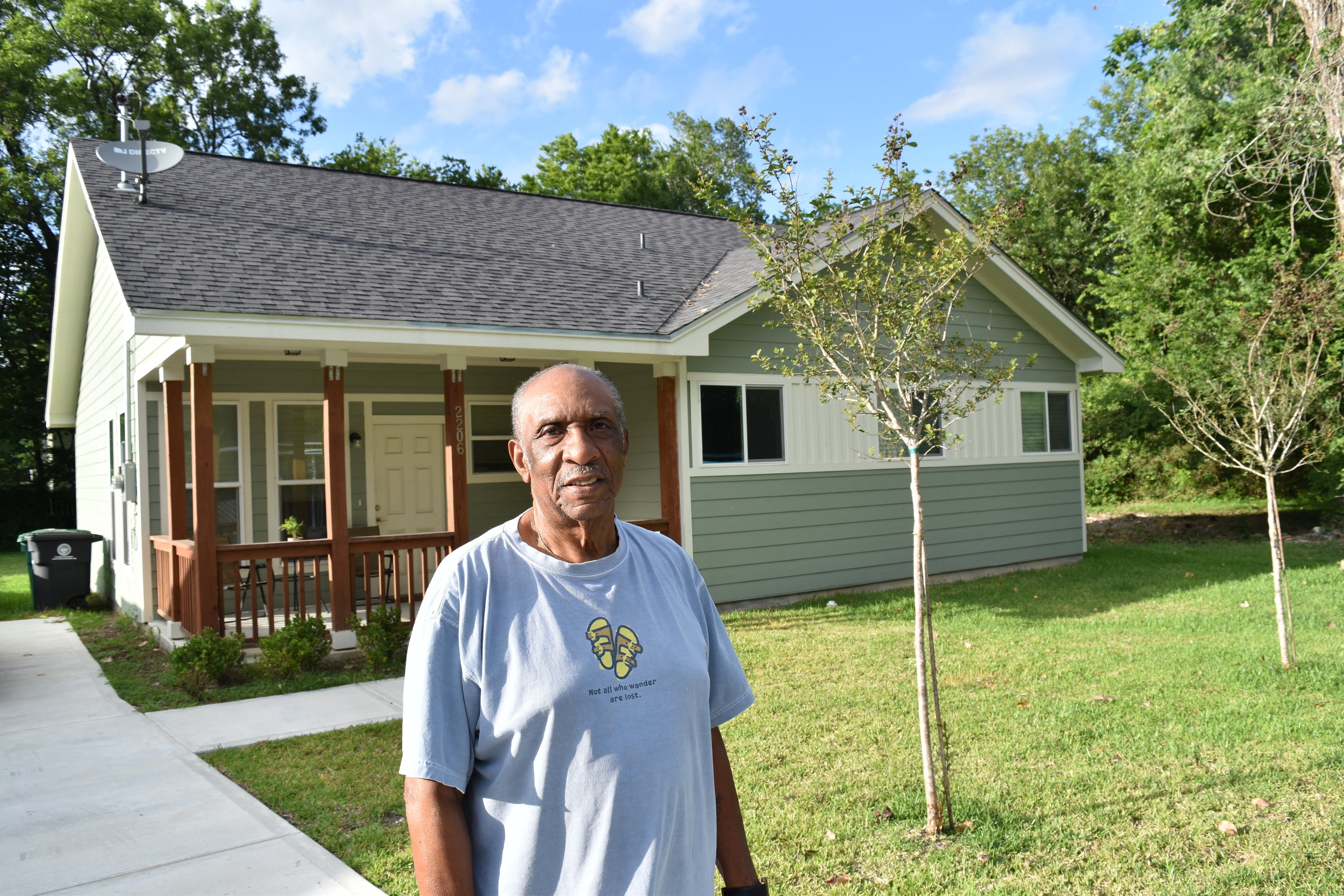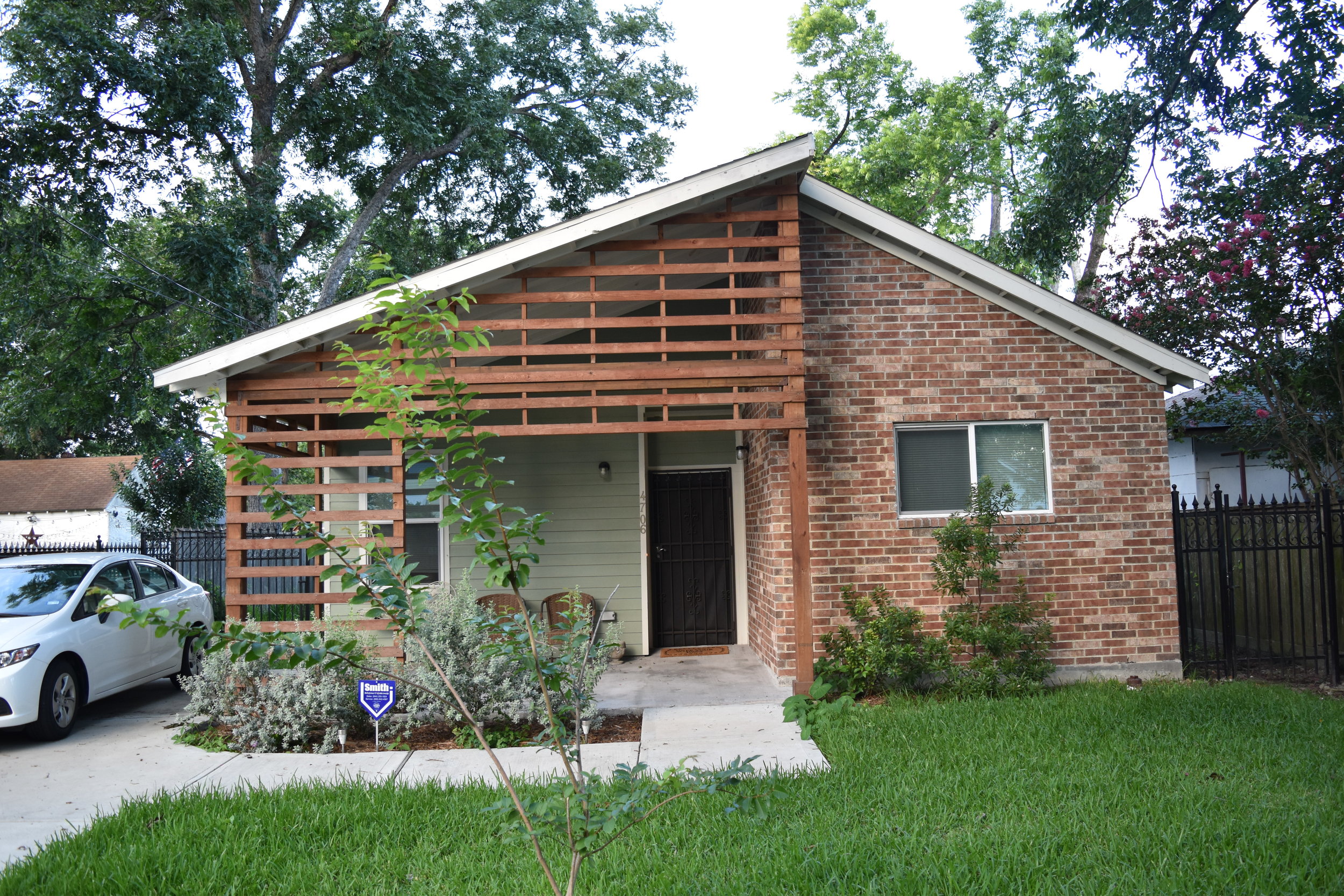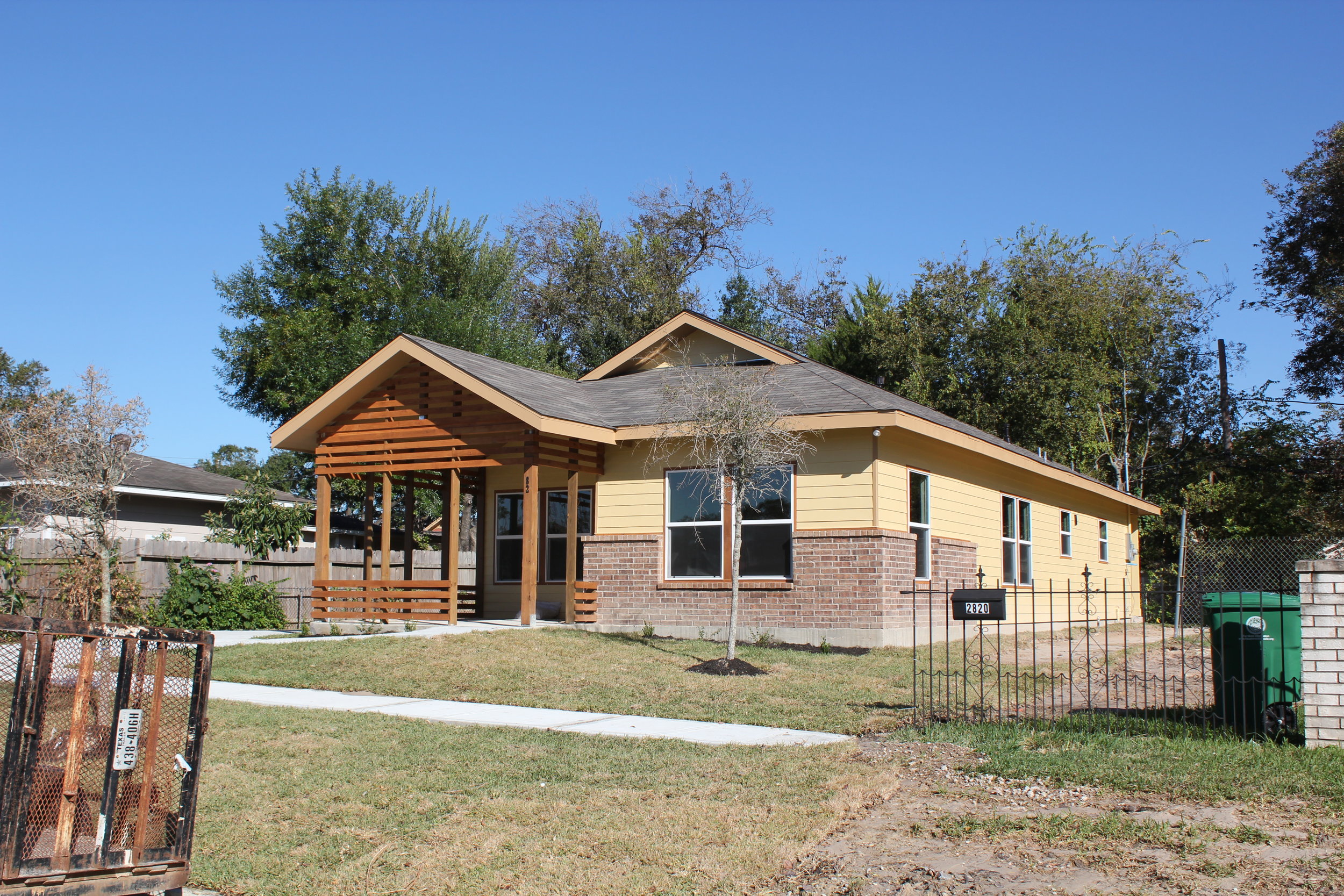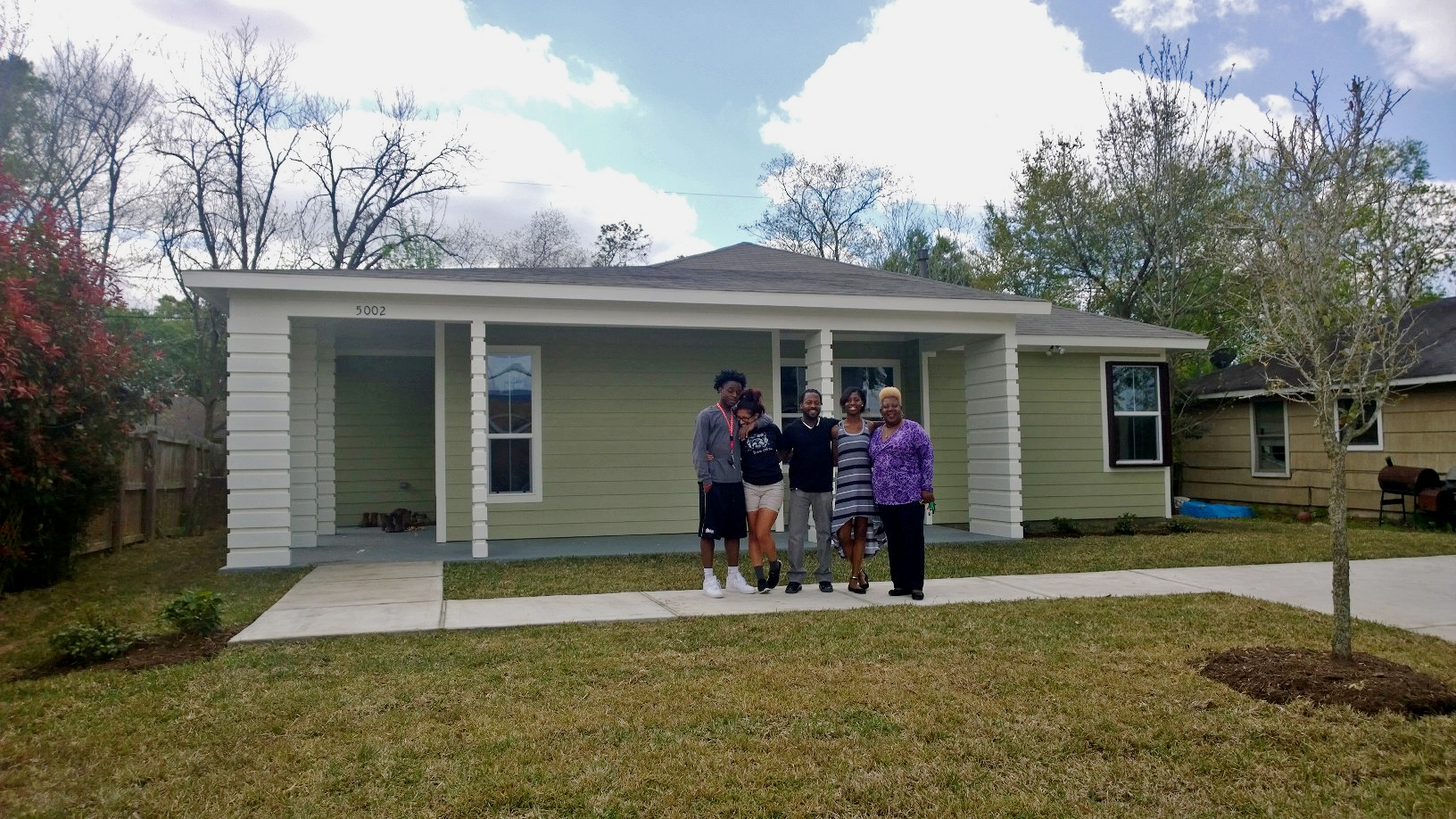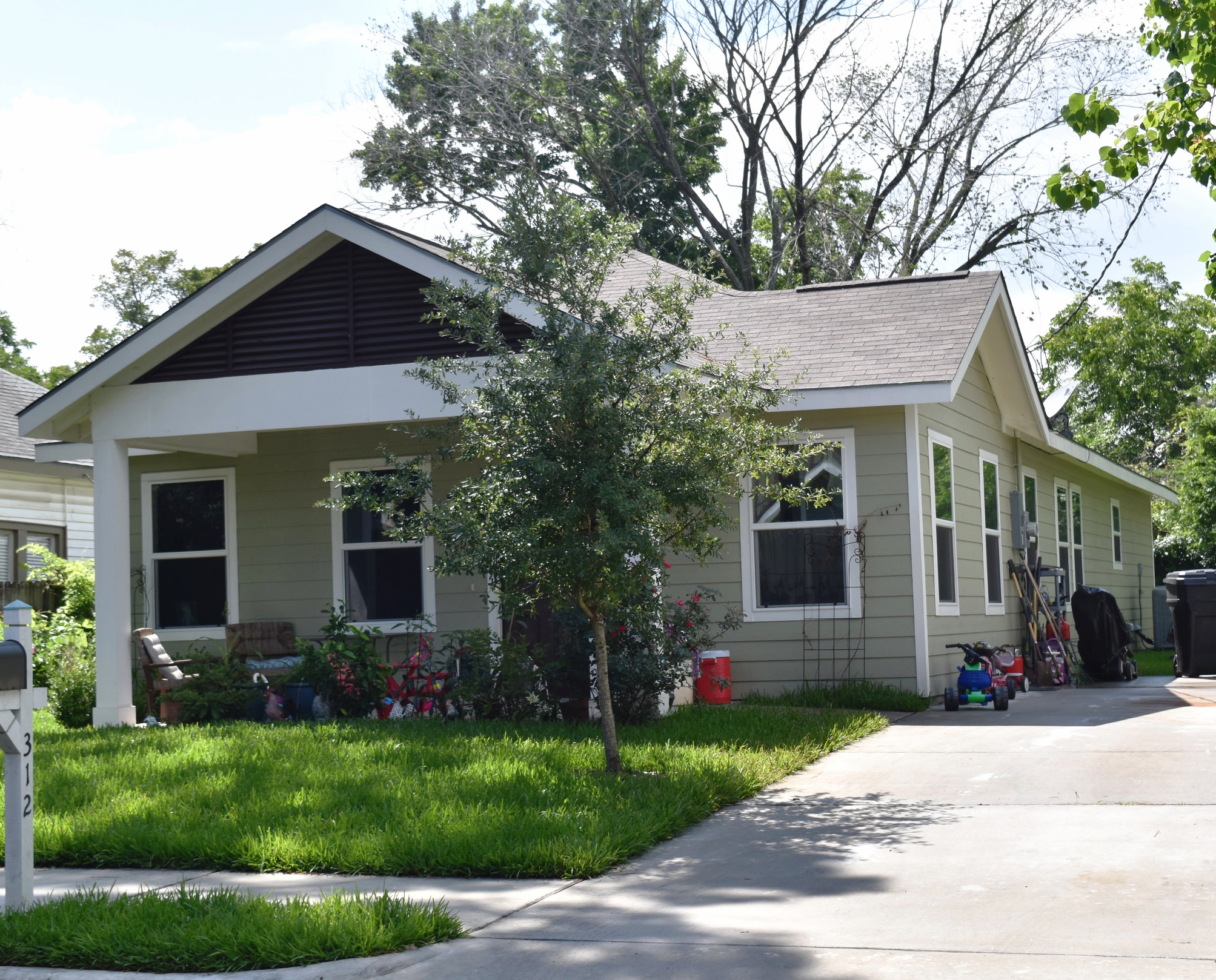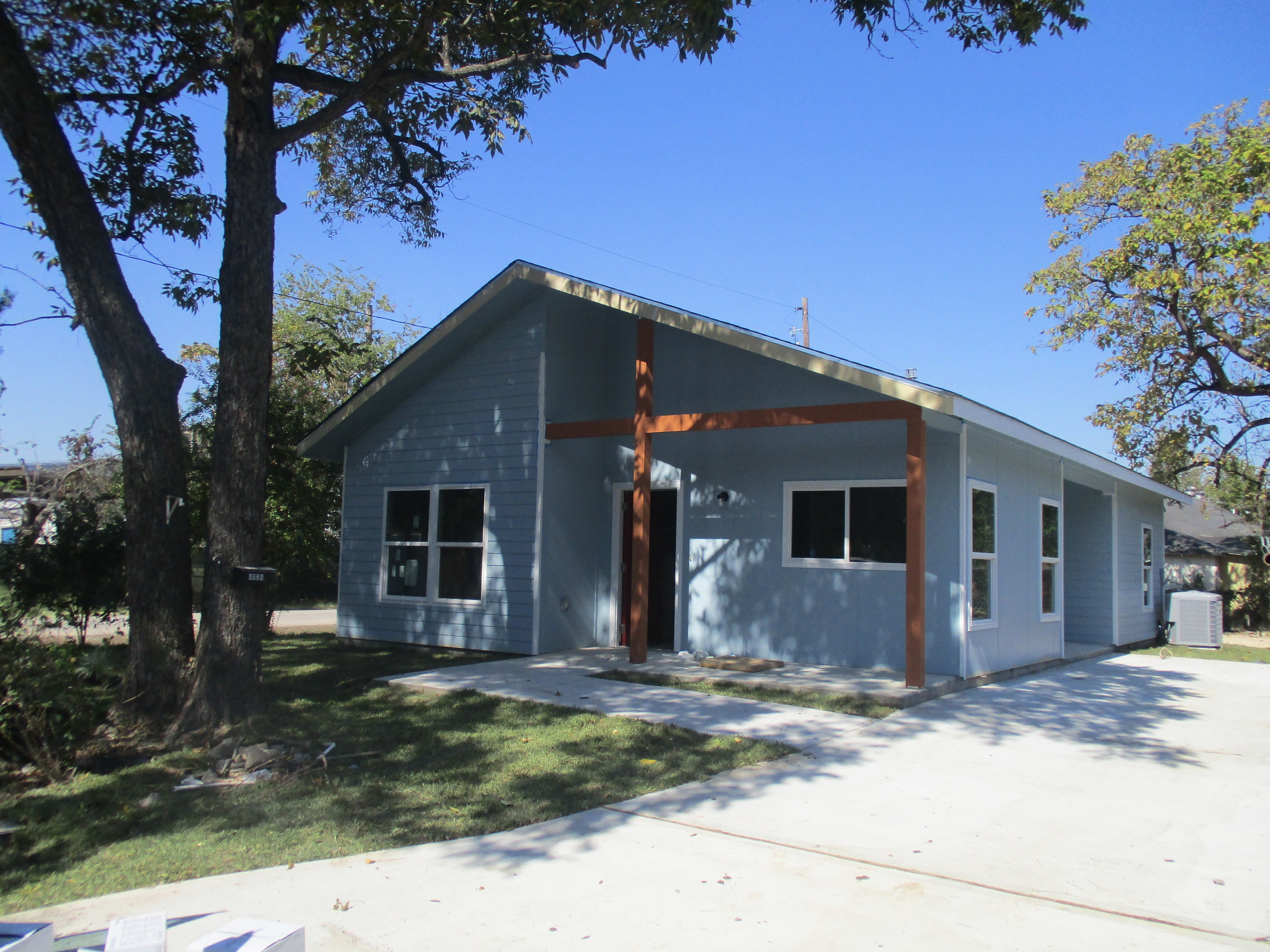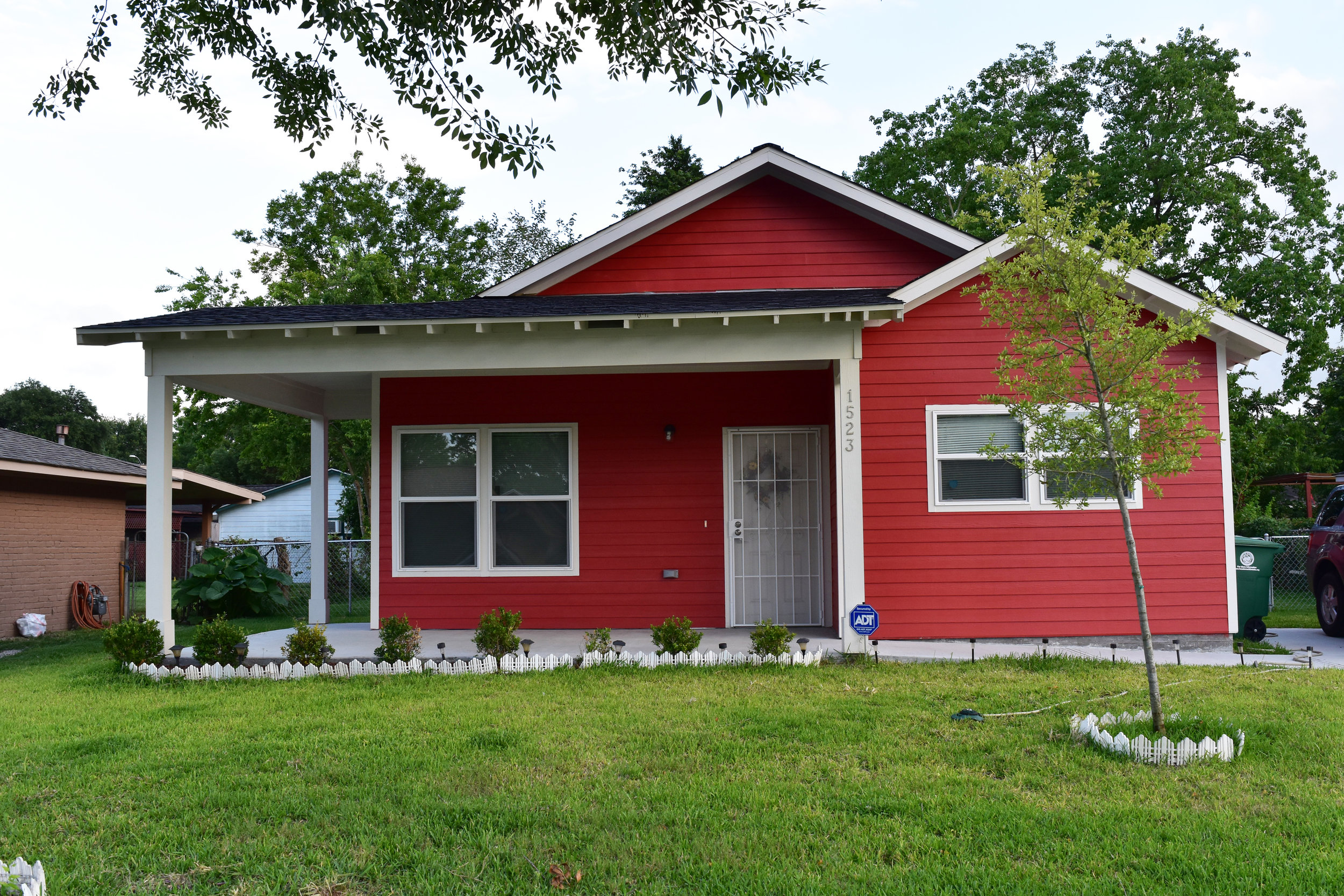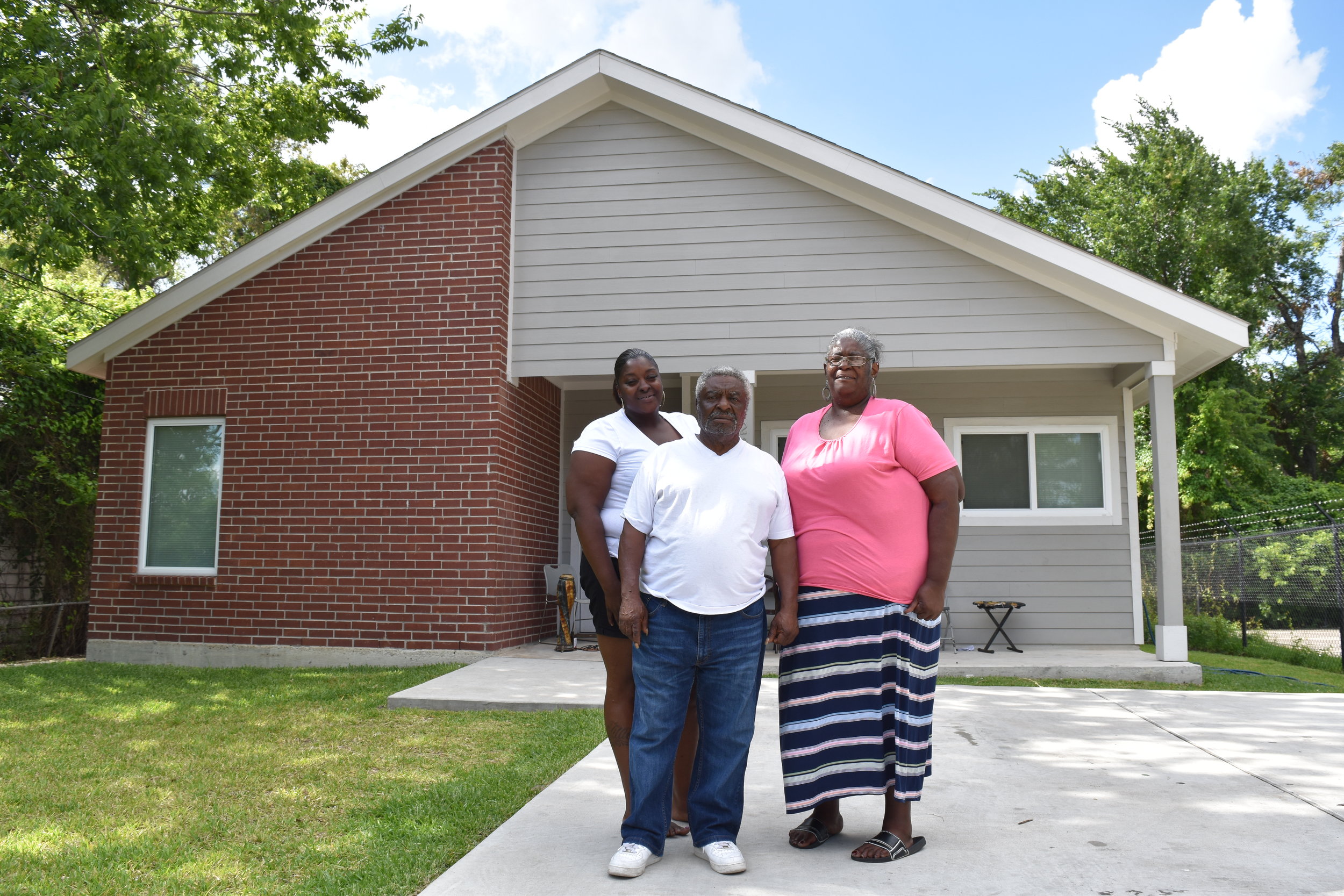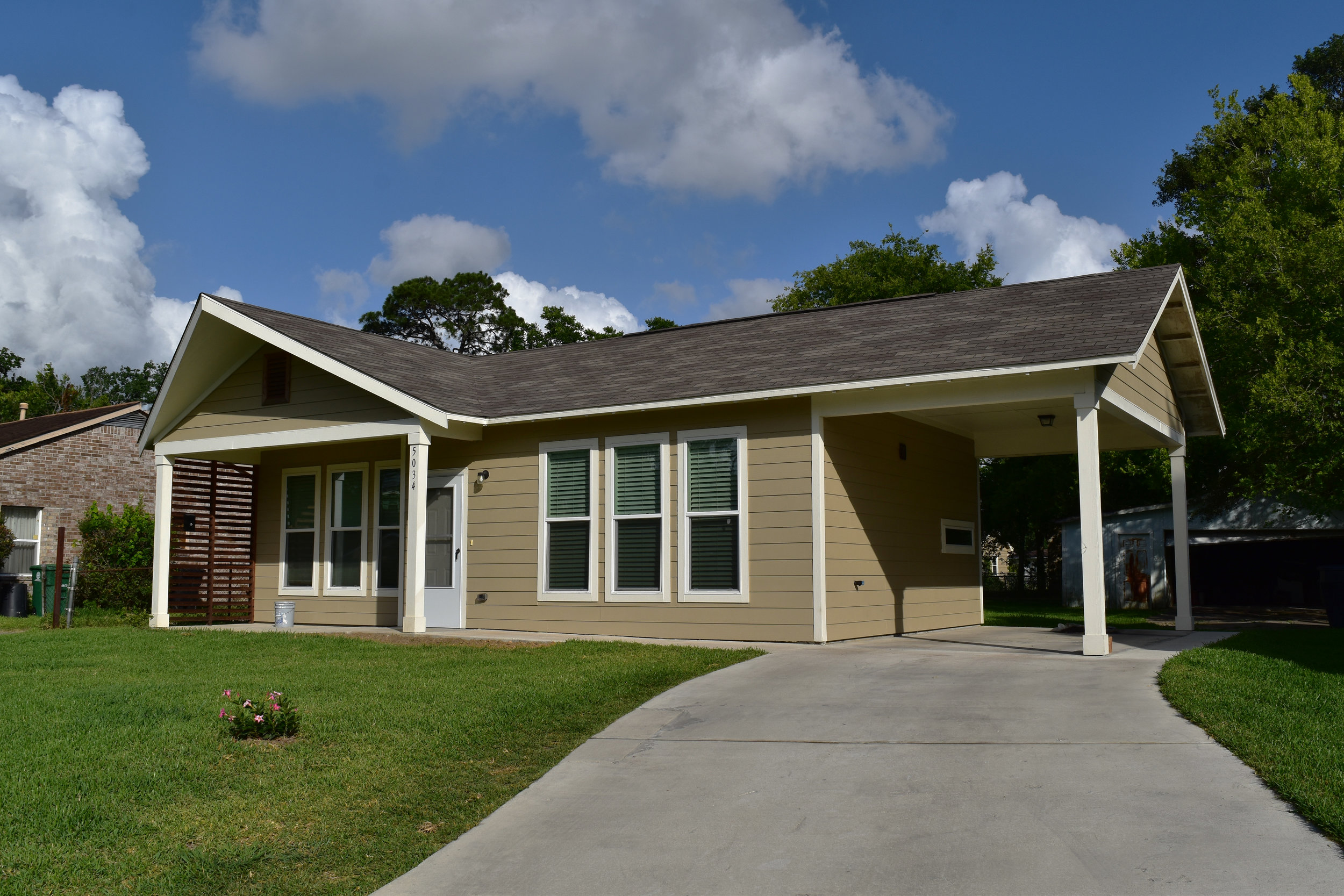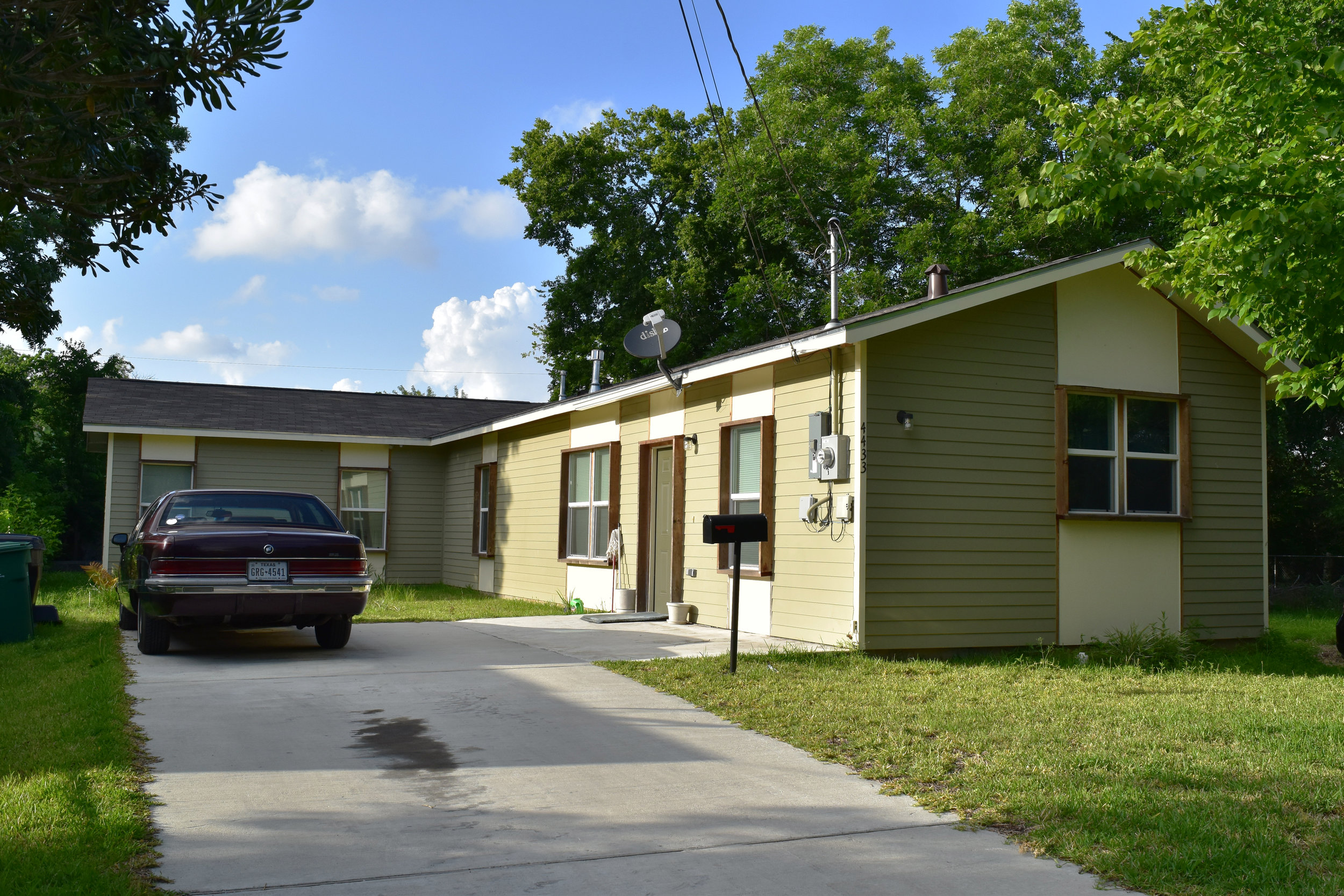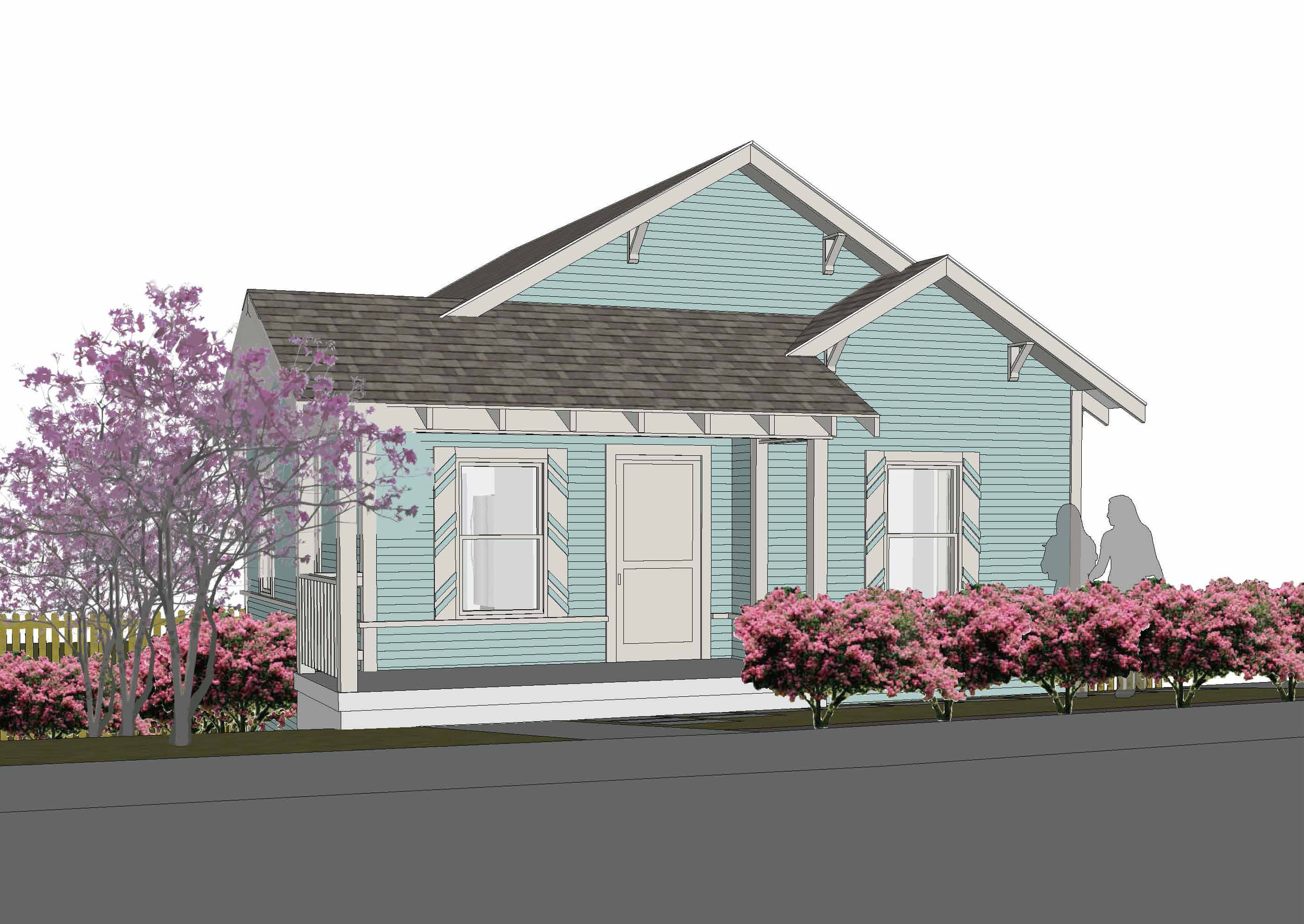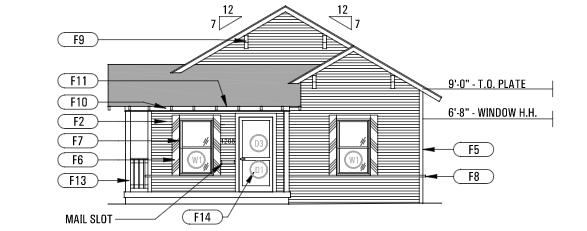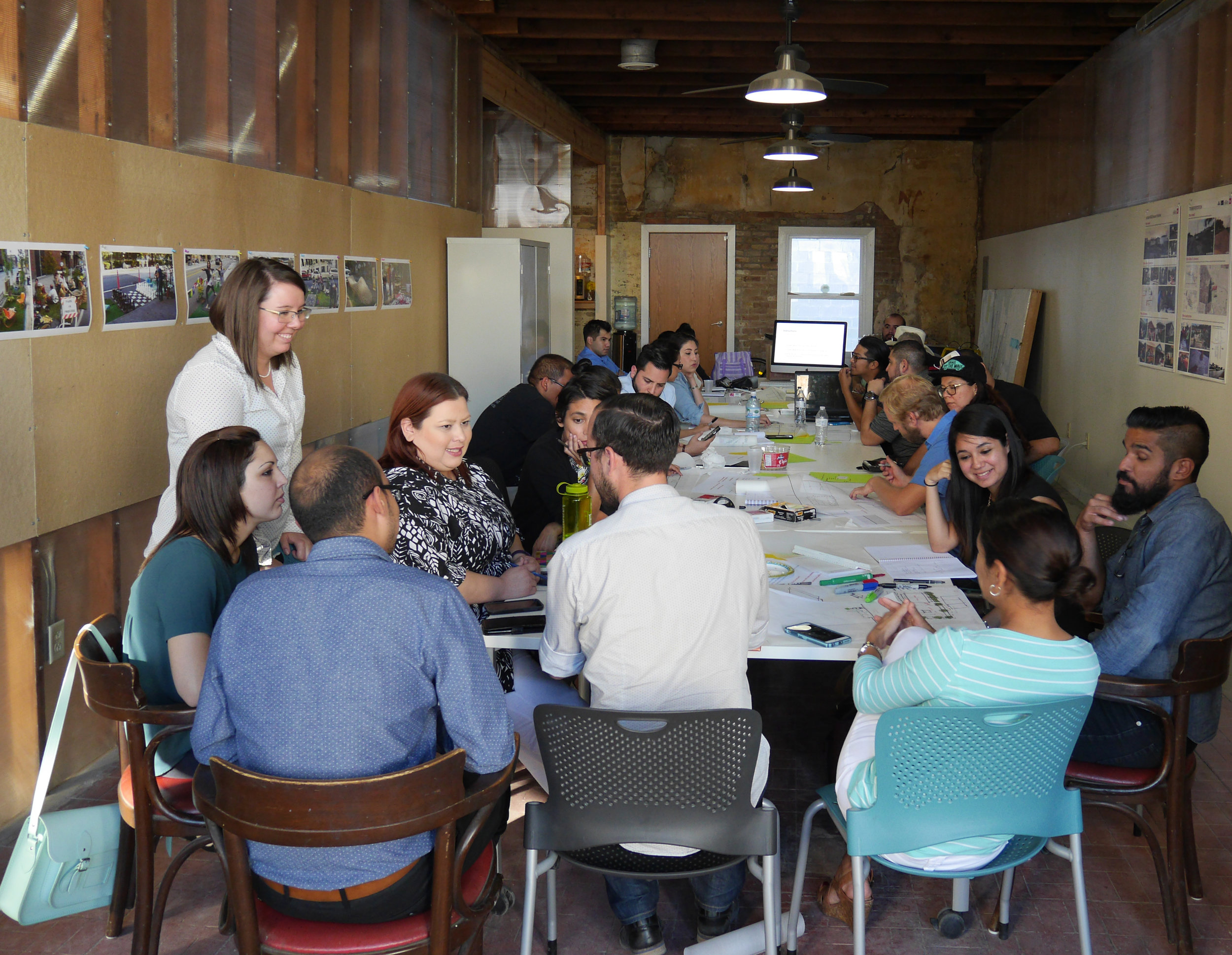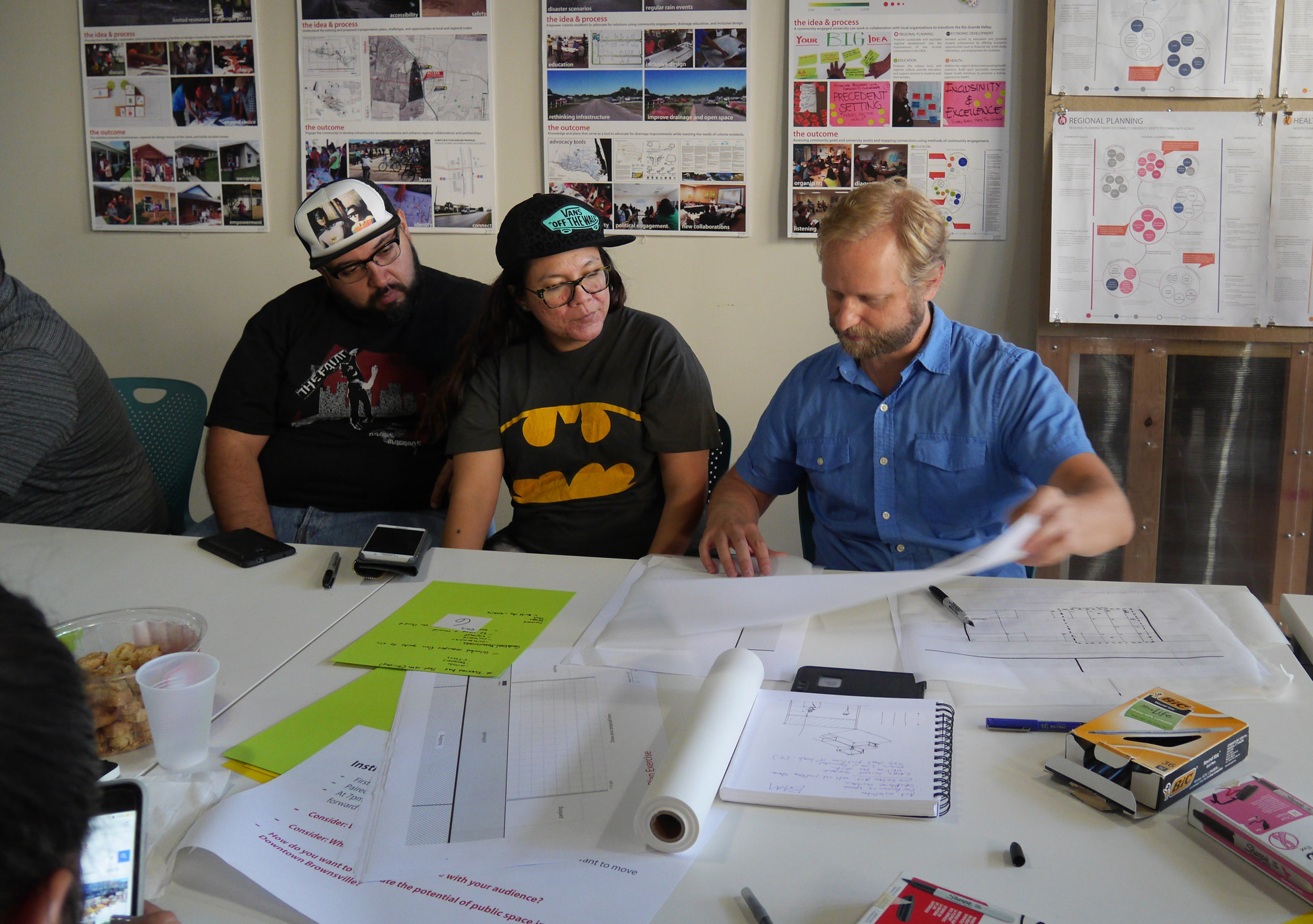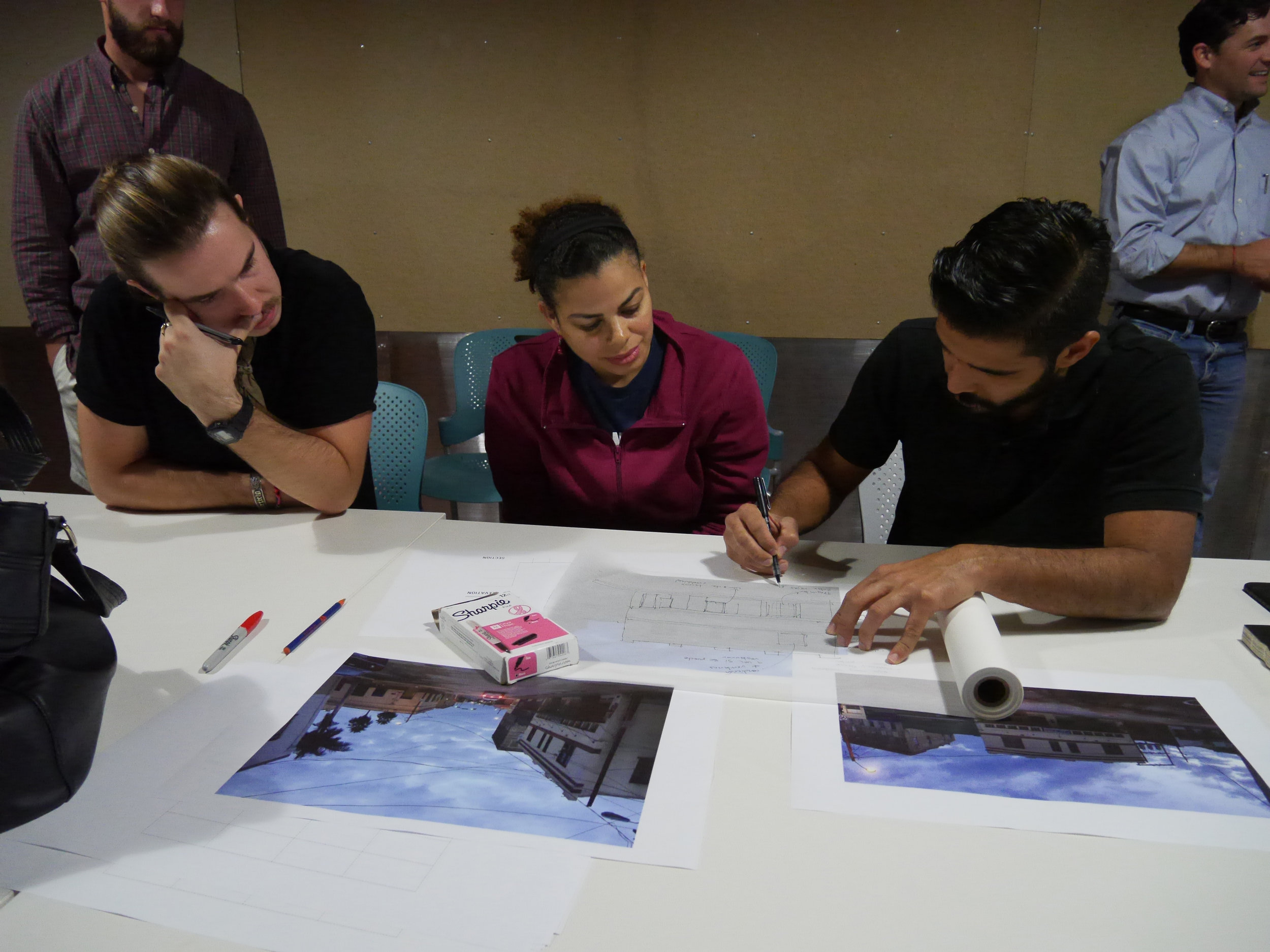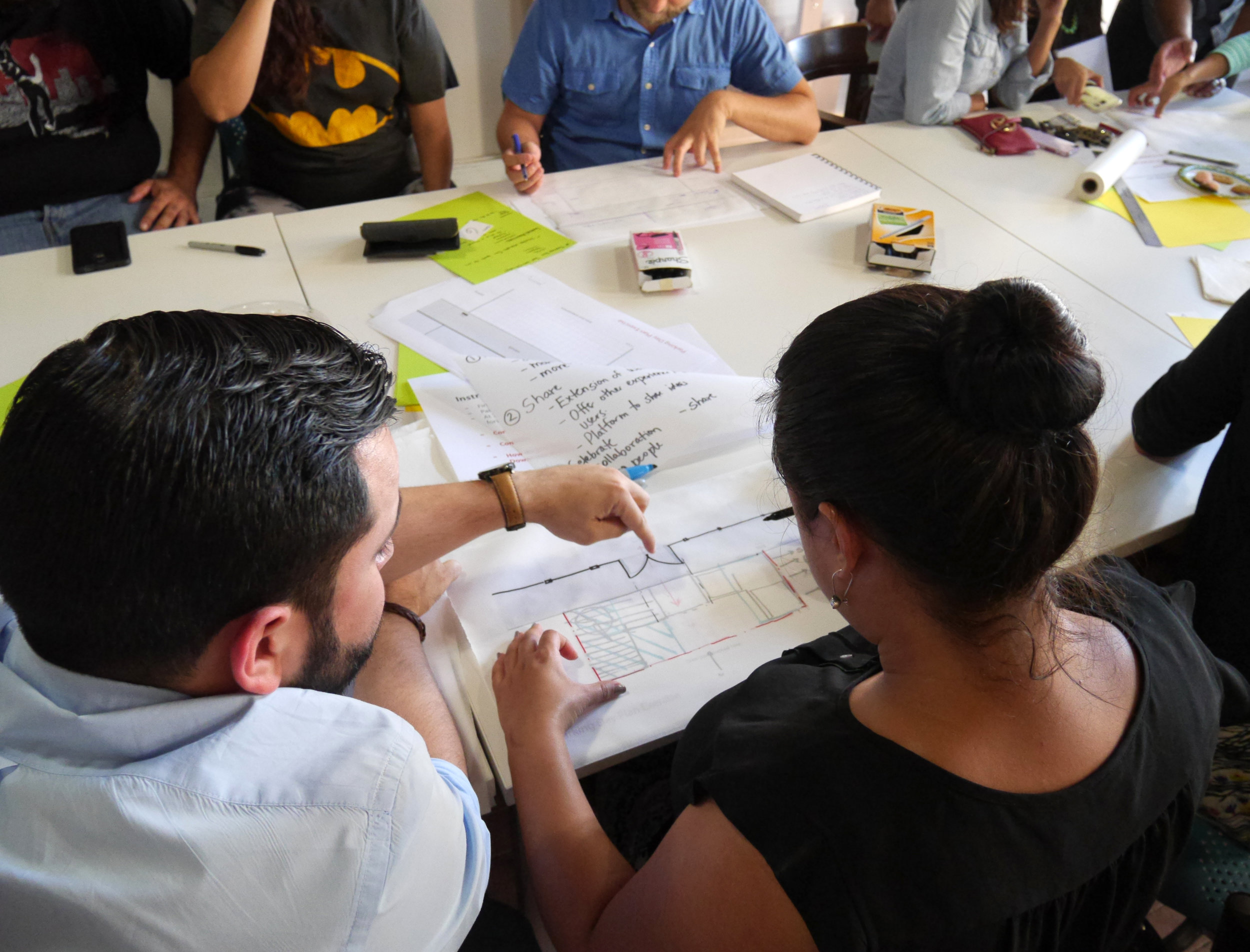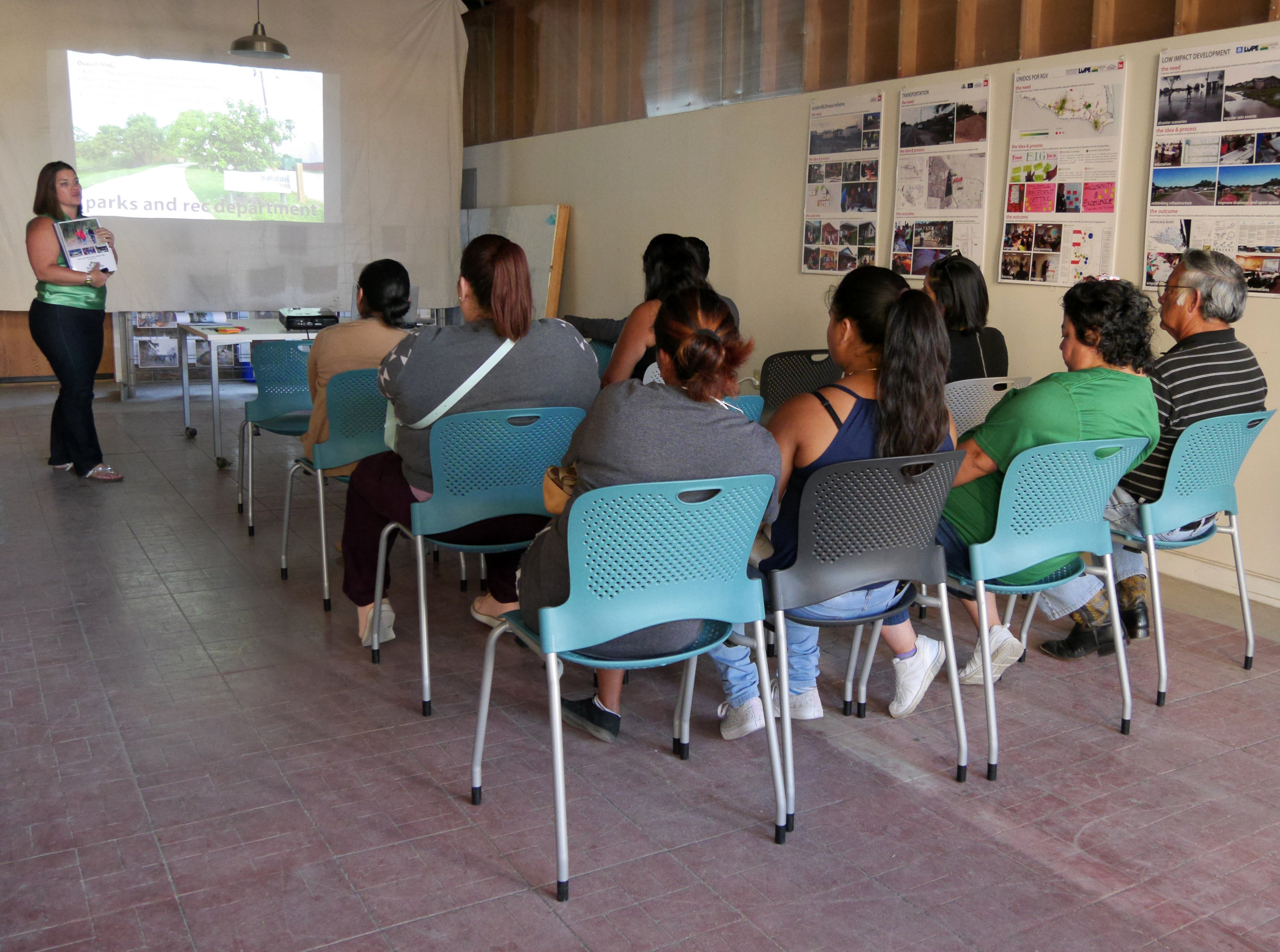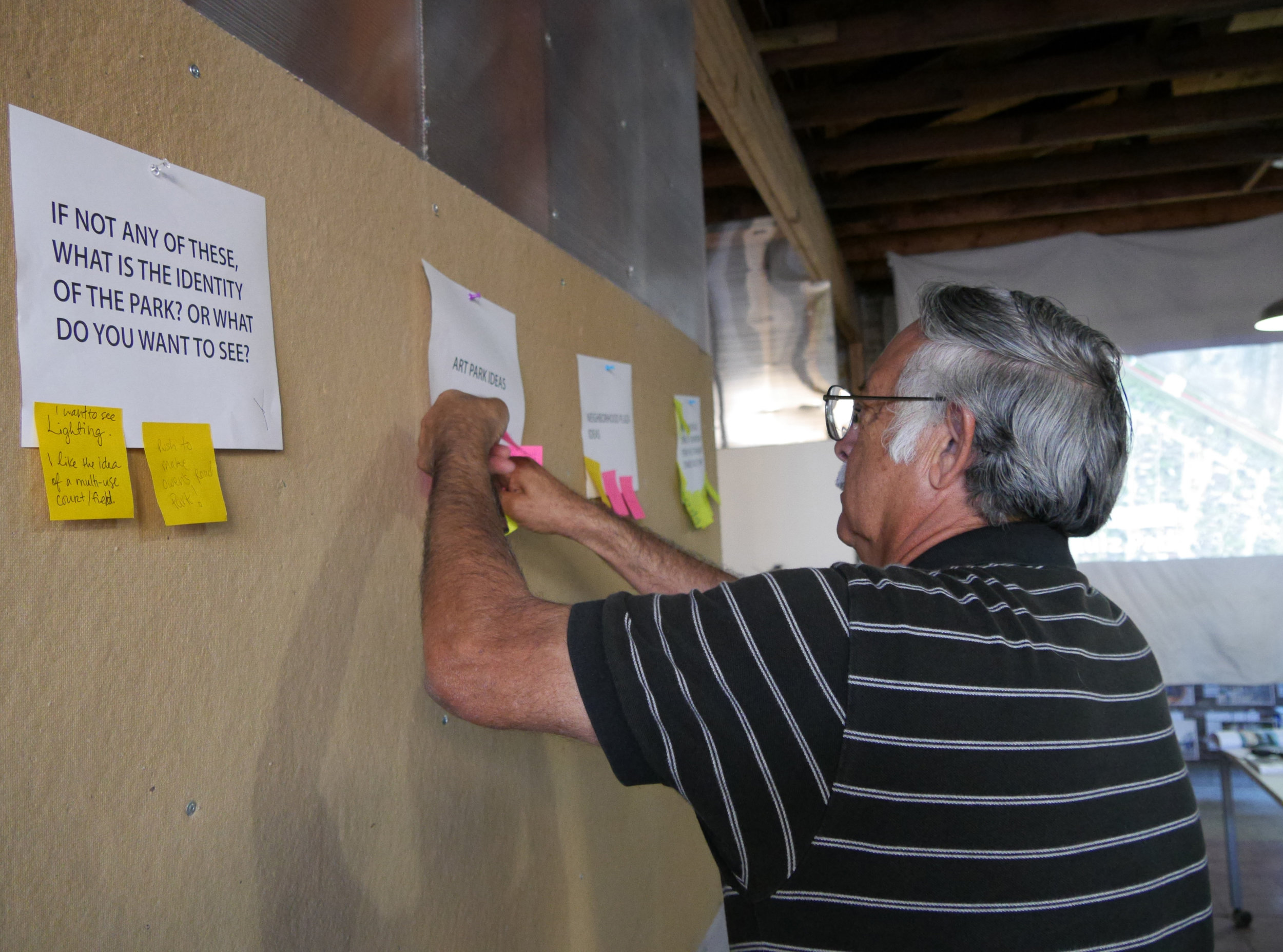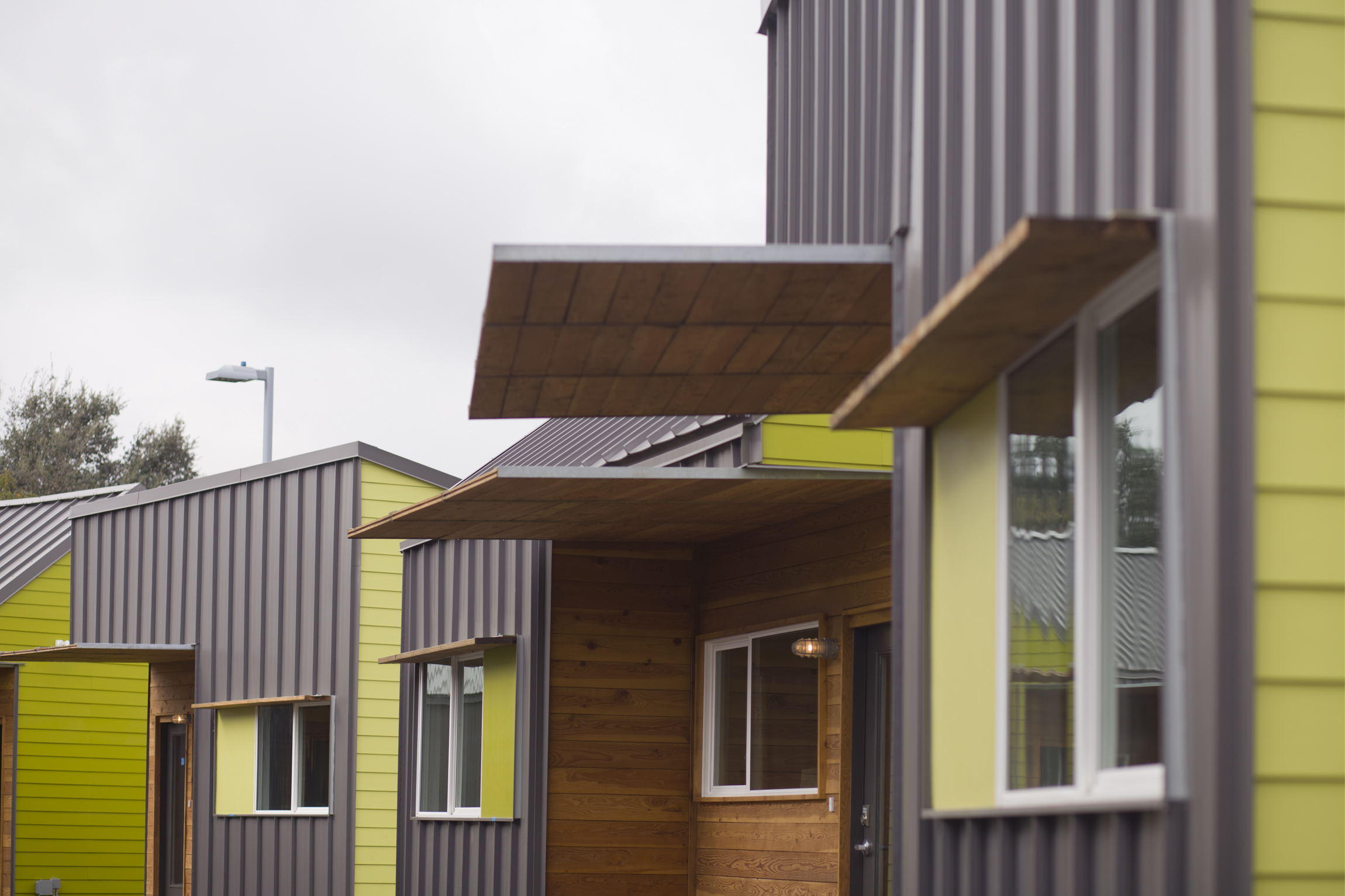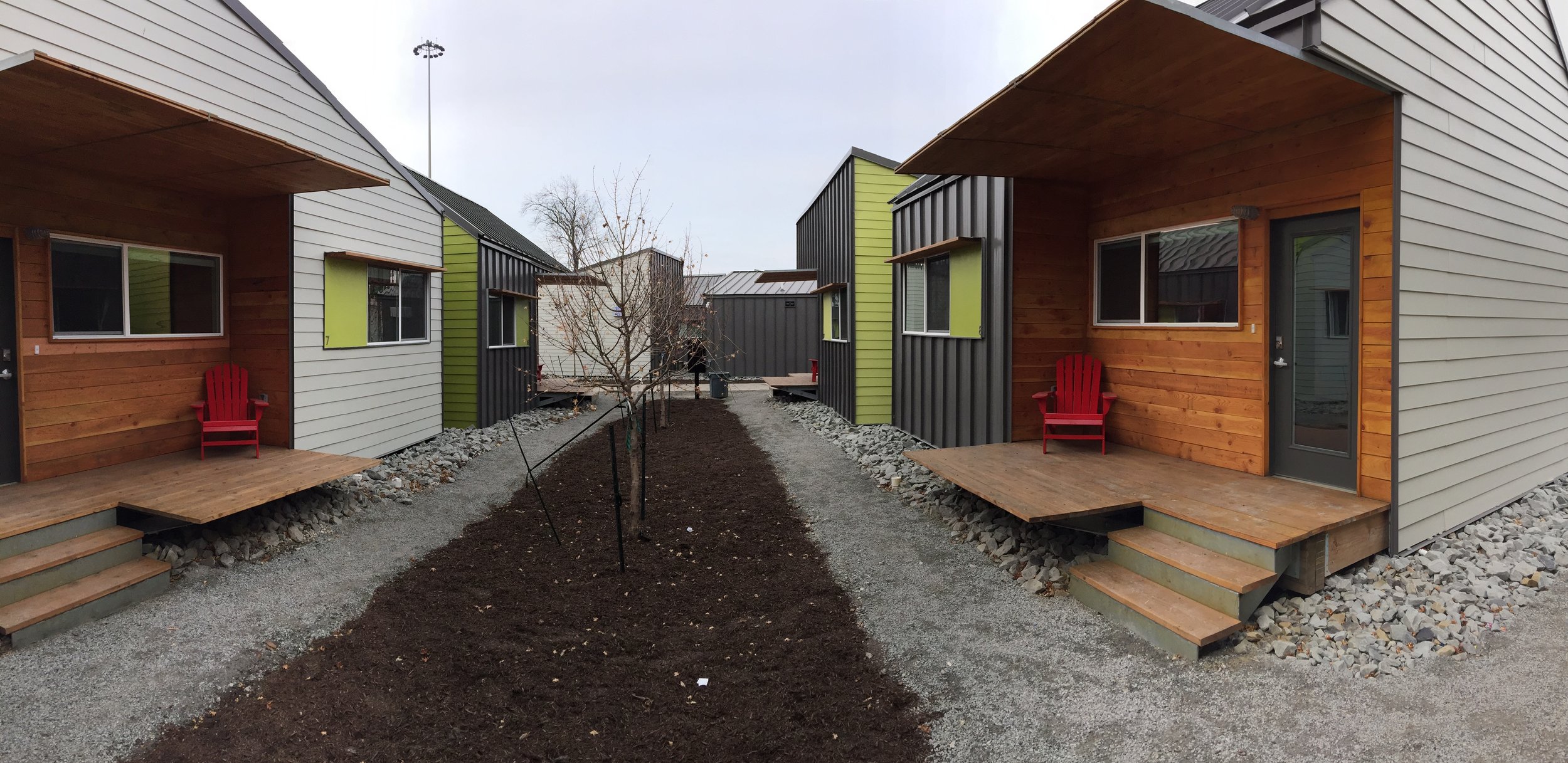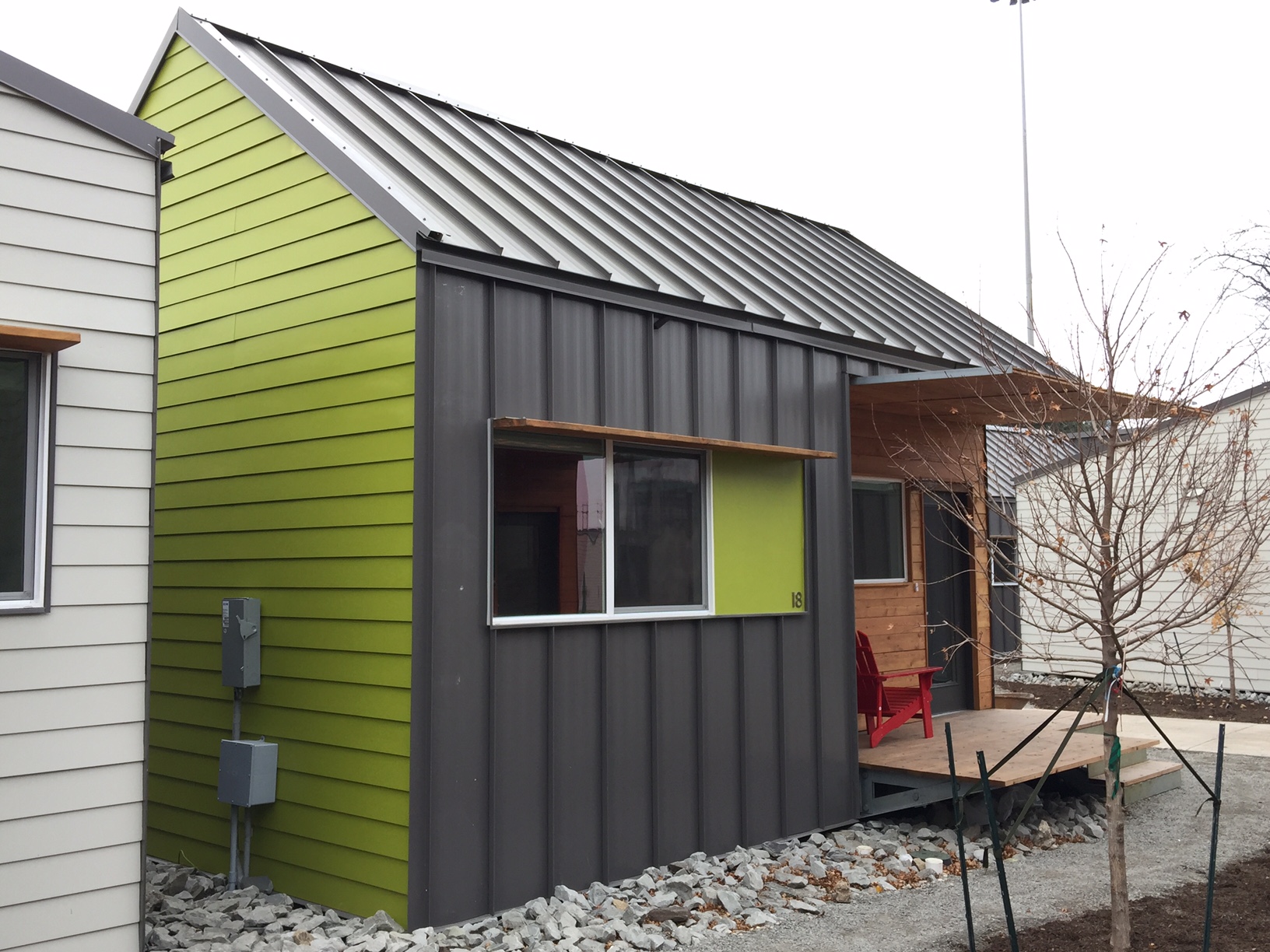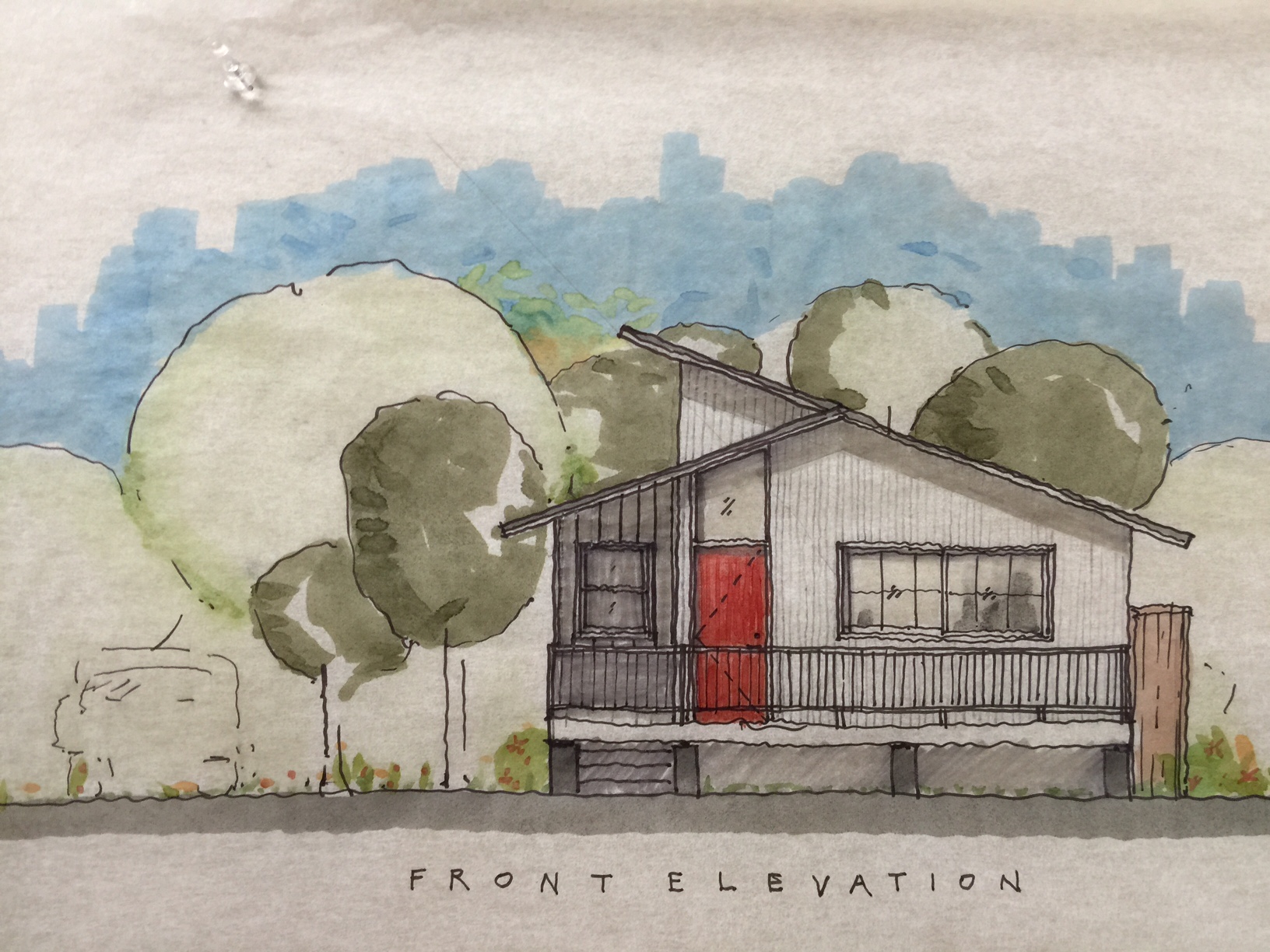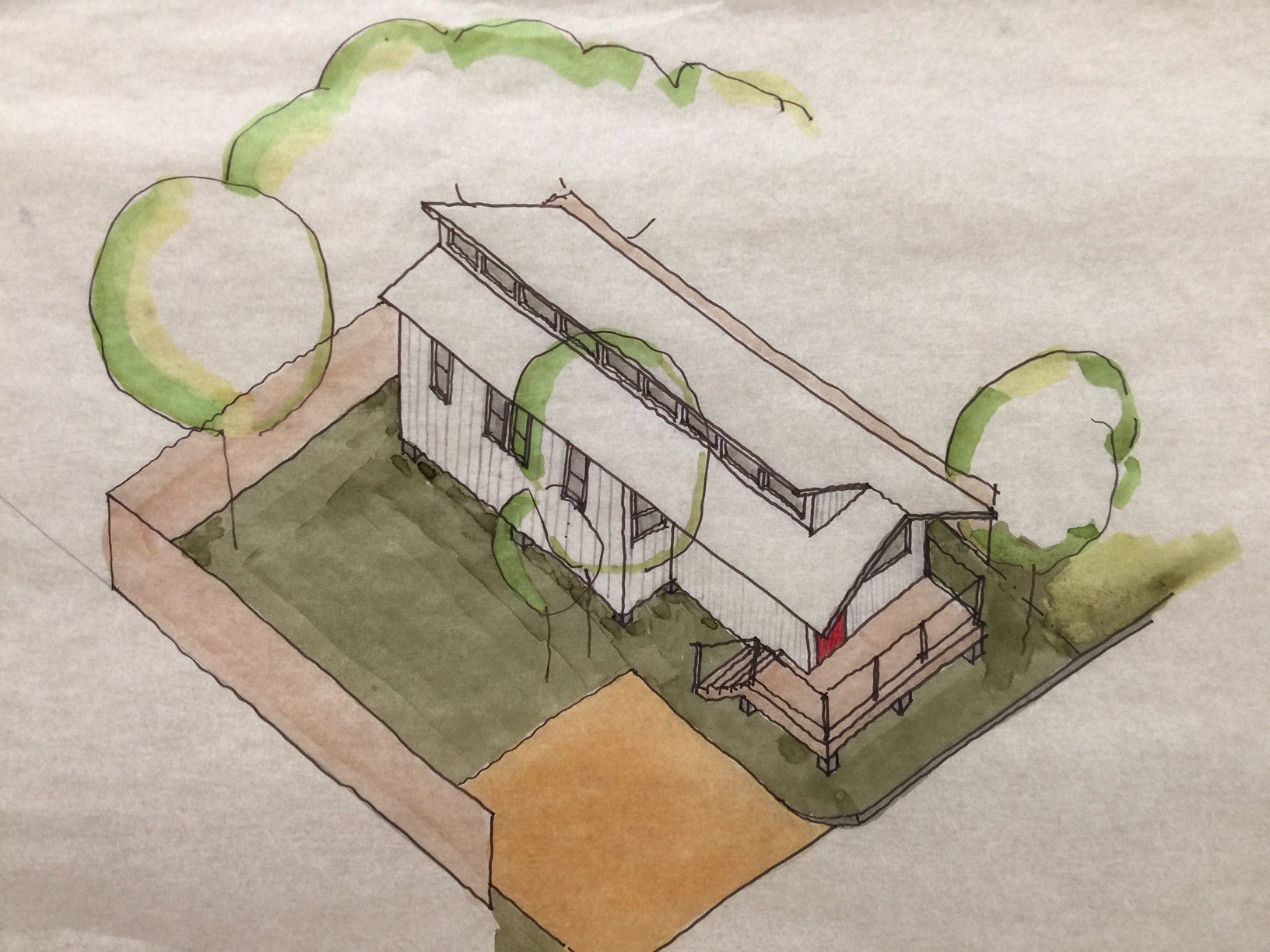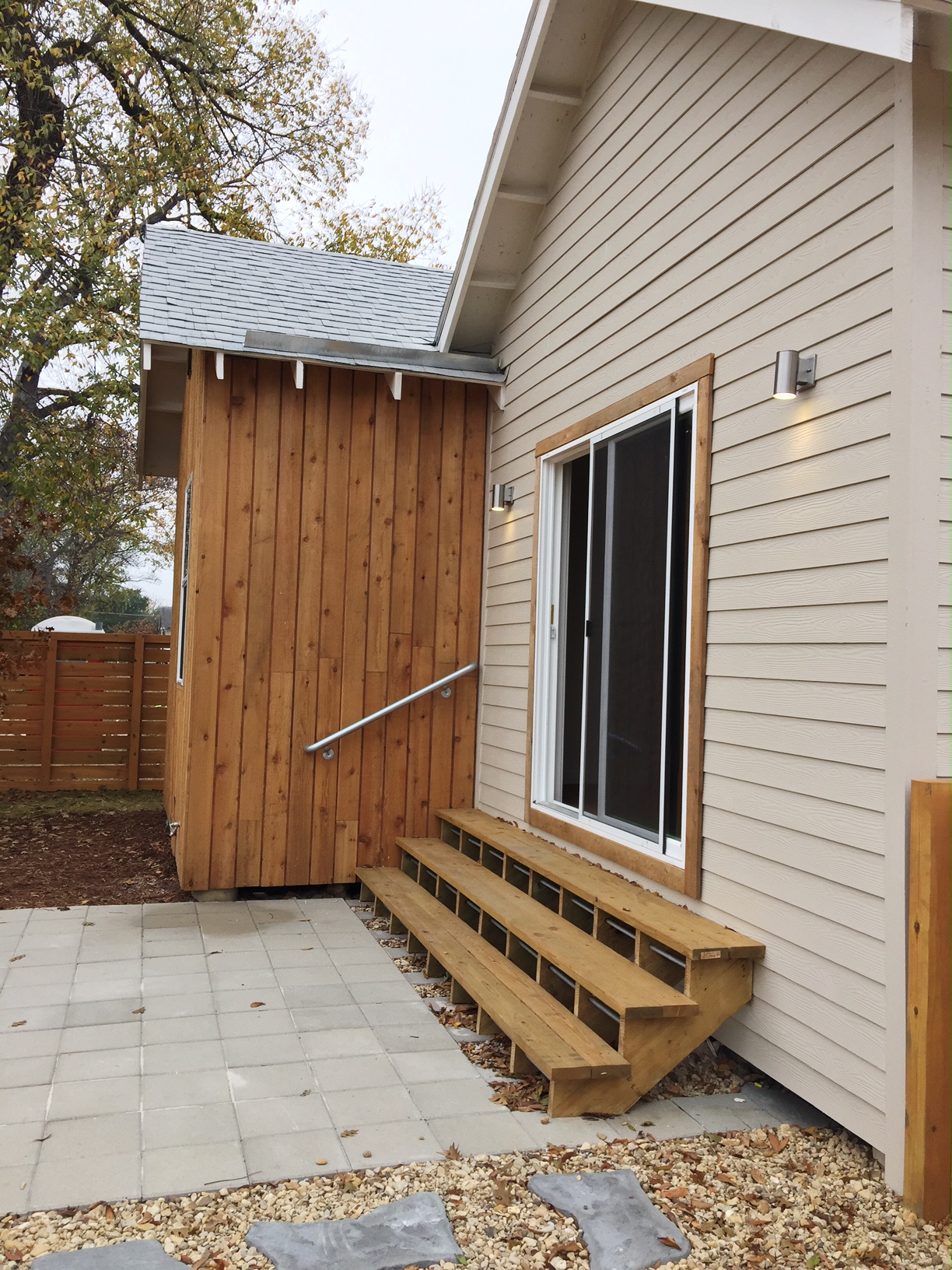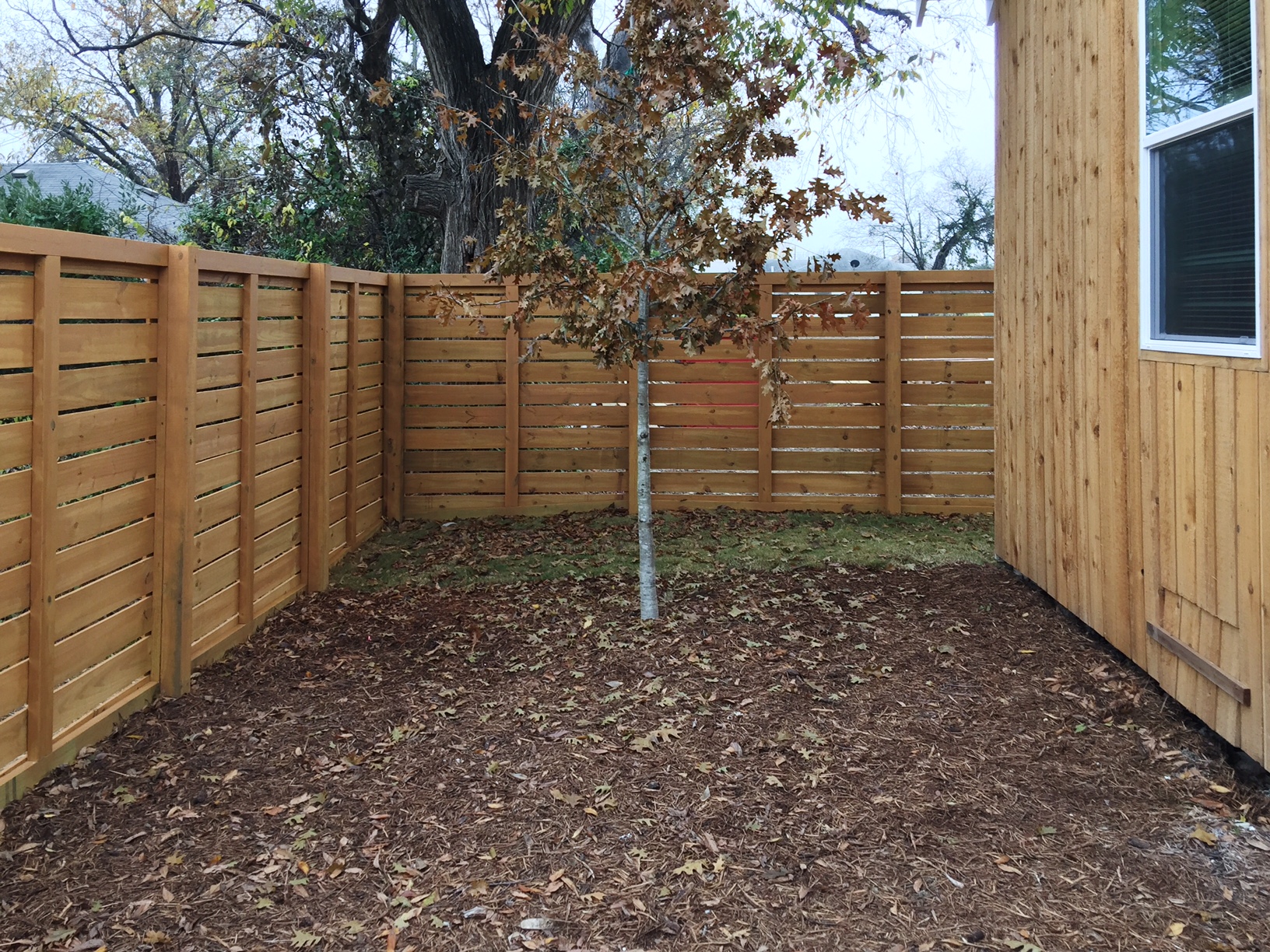Lucy McGuigan is the Development Manager at buildingcommunityWORKSHOP. She relishes telling [bc]’s story and cultivating relationships with key stakeholders in [bc]’s work, including individuals, organizations, and communities.
Originally from New Jersey, Lucy has enthusiastically adopted Dallas as her home. She is a proud resident of the historic Deep Ellum neighborhood, residing in a structure designated as a Dallas Landmark. She is passionate about preserving Dallas’s rich cultural history; Lucy previously served as Production Manager and Graphic Designer for Dallas Mexican American Historical League and Dallas Jewish Historical Society exhibition “Uptown’s Pike Park: Little Jerusalem to Little Mexico, 100 Years of Settlement” at the Latino Cultural Center. Her experience in exhibitions has also included work on the Dallas Museum of Art exhibition “Vermeer Suite: Music in 17th Century Dutch Painting” and museum-based public presentation. Her work as an art historian has been largely driven by her view of museums as community centers and her belief that educational programming is a key channel through which to engage and invest local audiences.
Prior to moving to Dallas, she lived in Greater New Orleans region, serving as a Teach for America Corps Member and later as an evaluative observer through The New Teacher Project Academy. Through an educator’s perspective she learned that each local community faces unique challenges which can only be understood through first-hand experience. This solidified her conviction that socially just planning and design begins with community engagement.
Lucy holds a Master’s degree in Art History from Southern Methodist University’s Rhetorics of Art, Space, and Culture (RASC/A) program and a Bachelor’s degree in Sociology from the University of Pennsylvania. At SMU, she served as Secretary of the Meadows Graduate Student Council, a granting body which provides funds to the students of the Meadows School of the Arts for the completion of artistic and academic projects.
![[bc]](http://images.squarespace-cdn.com/content/v1/5248ebd5e4b0240948a6ceff/1412268209242-TTW0GOFNZPDW9PV7QFXD/bcW_square+big.jpg?format=1000w)




